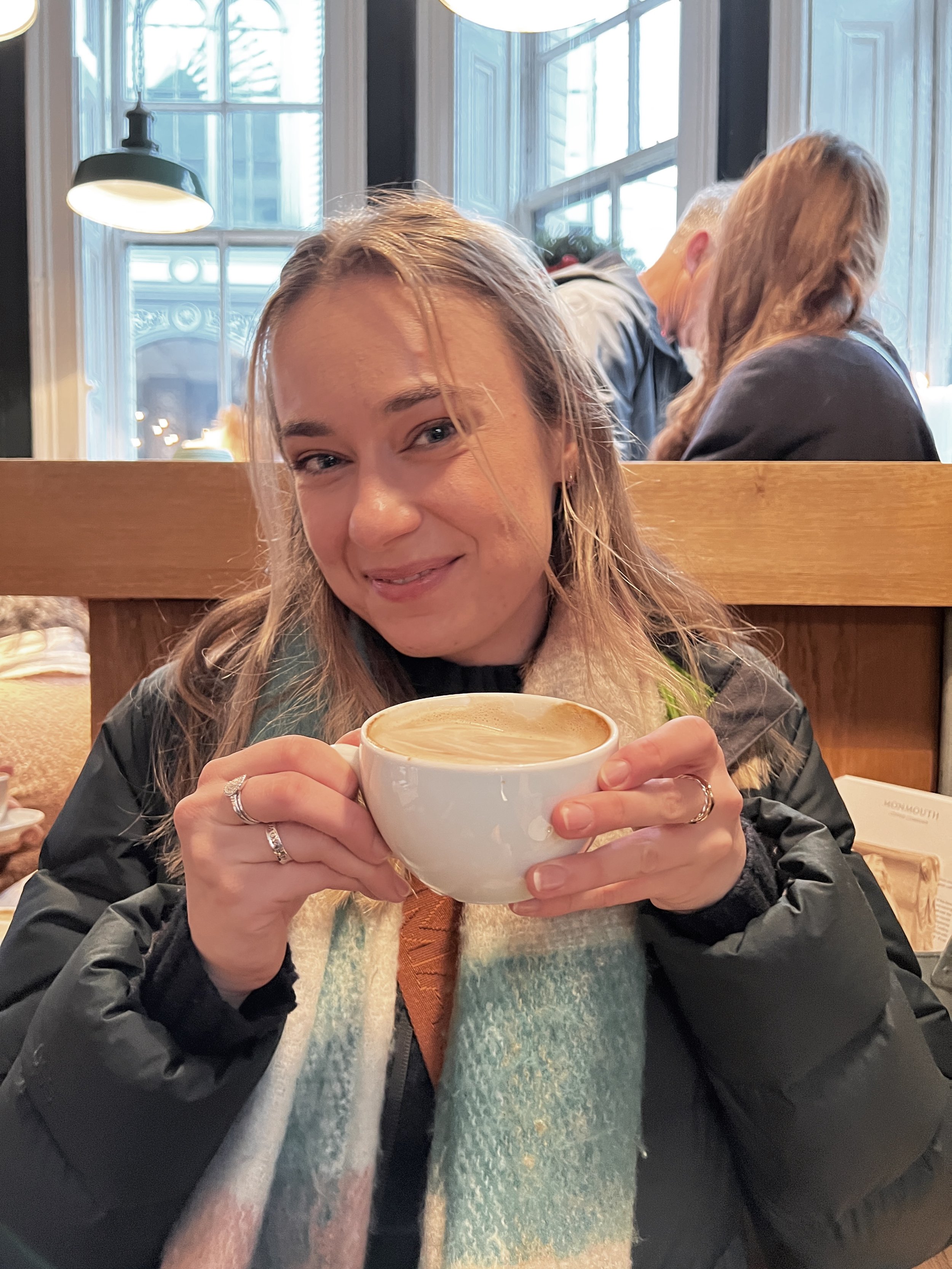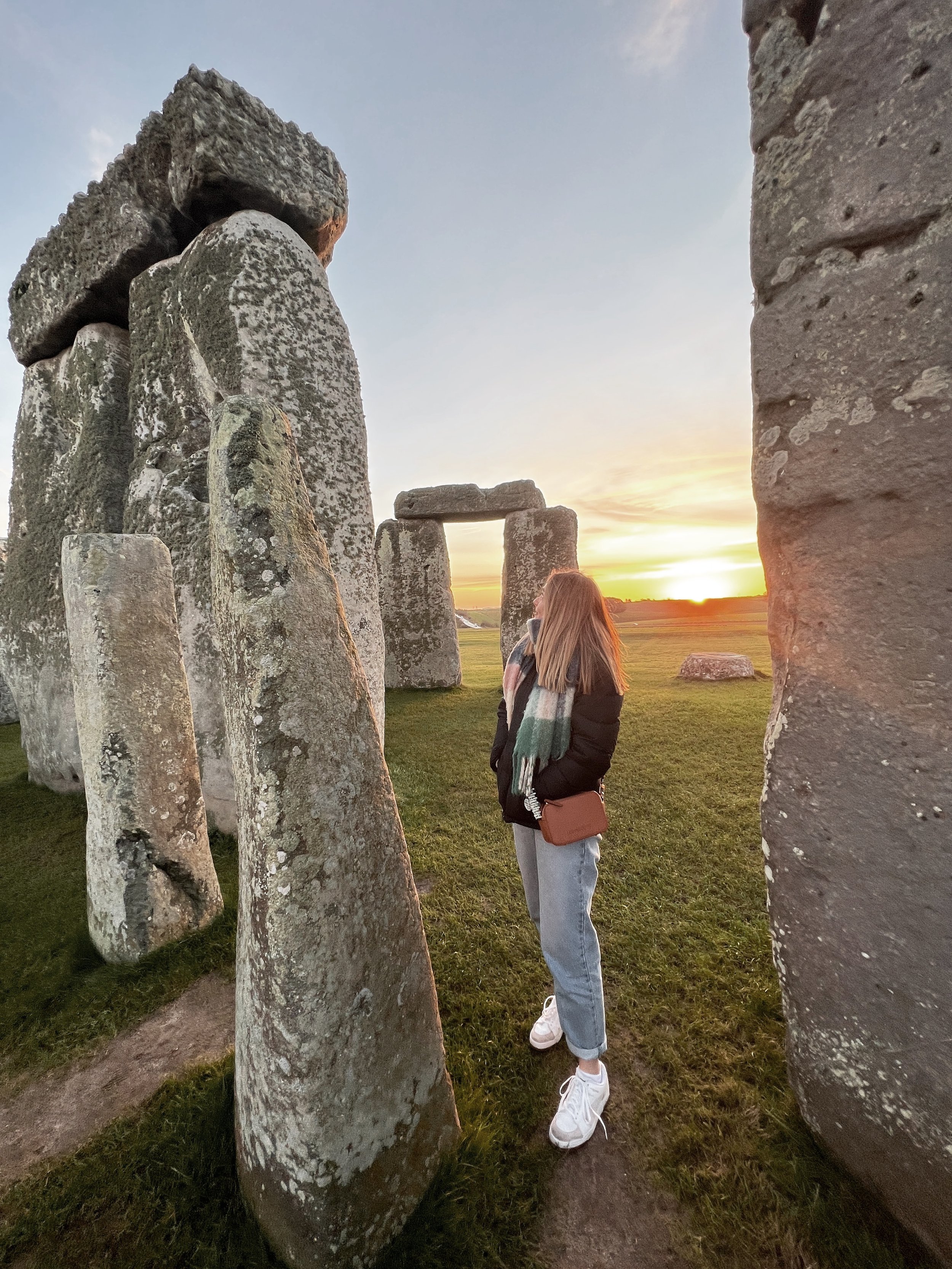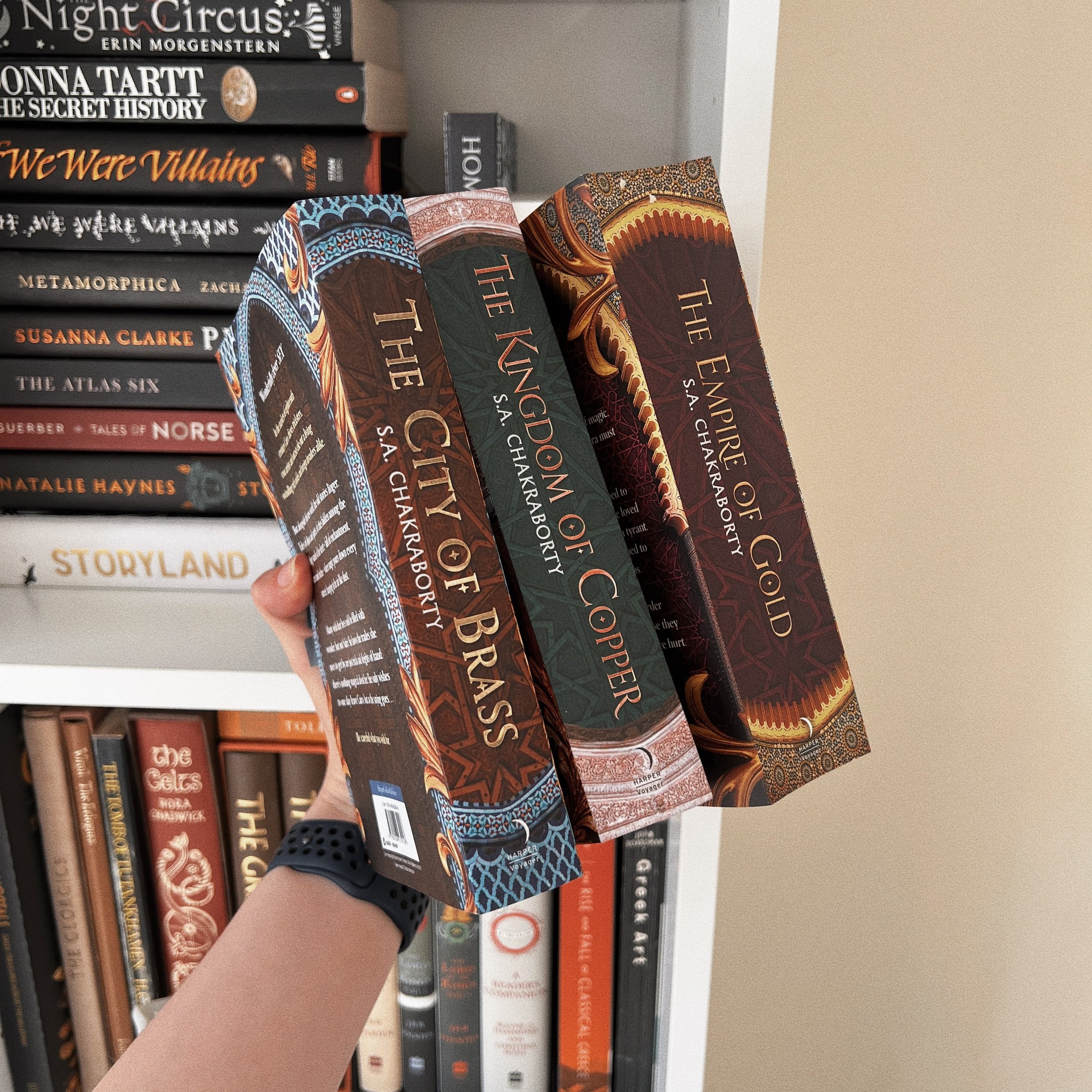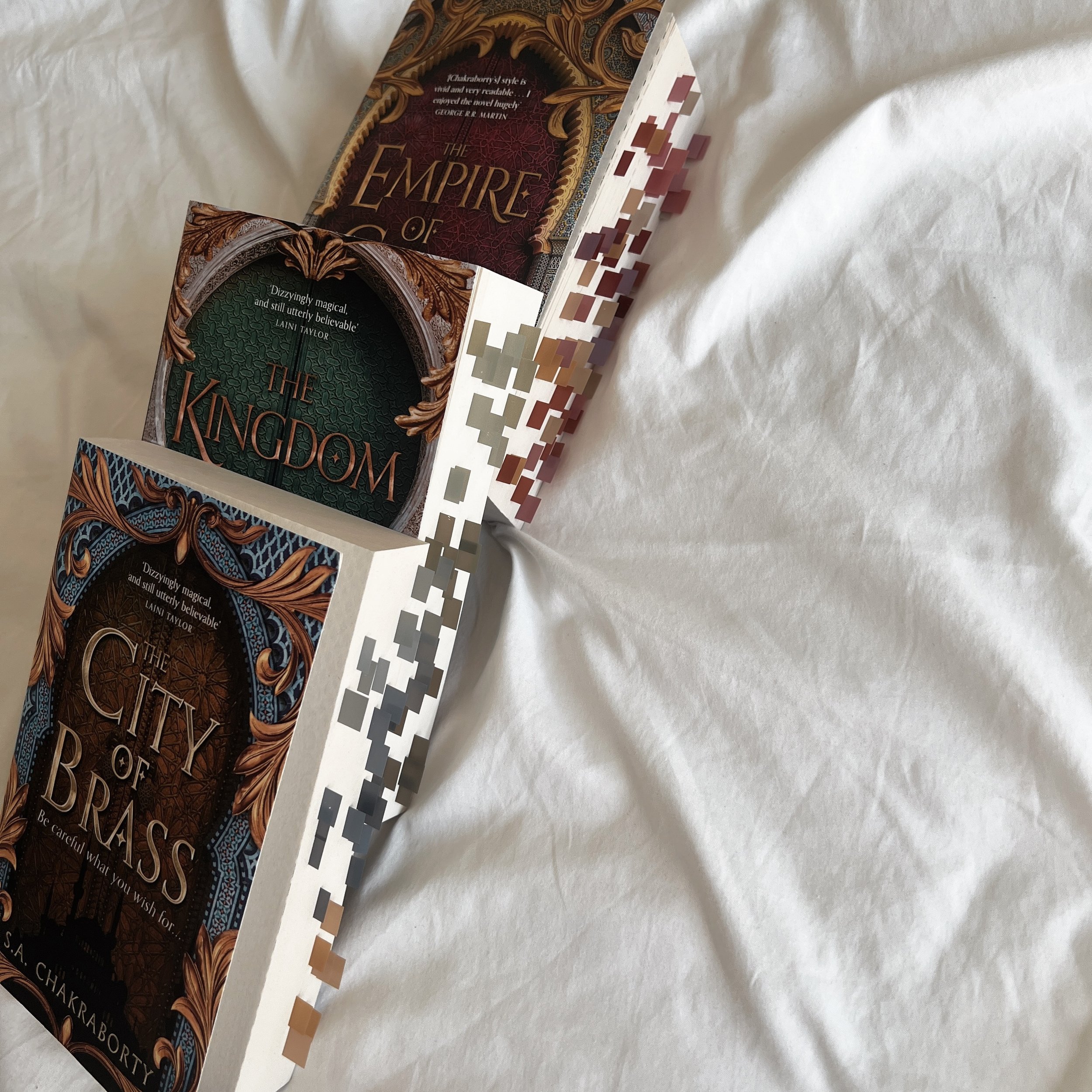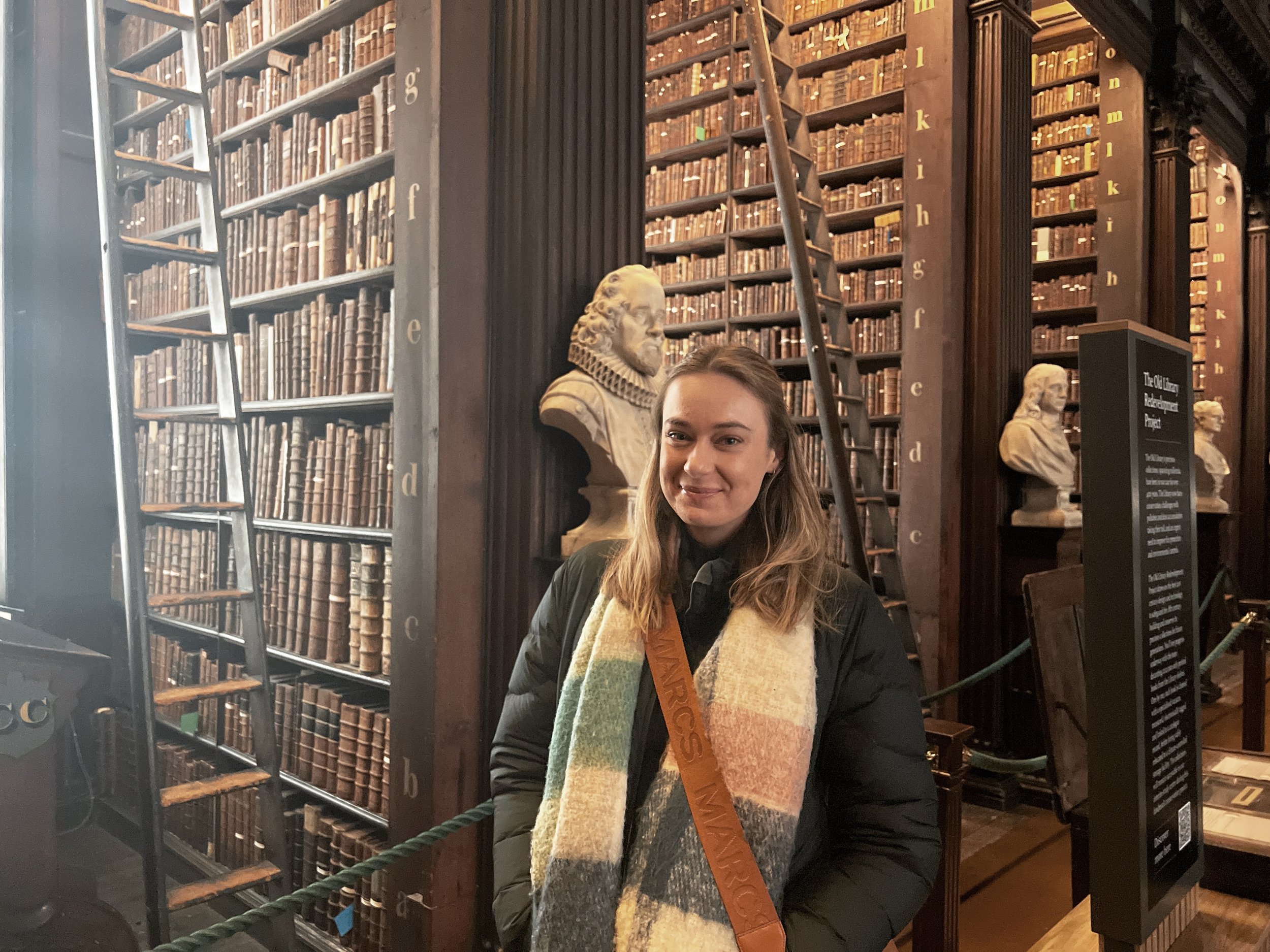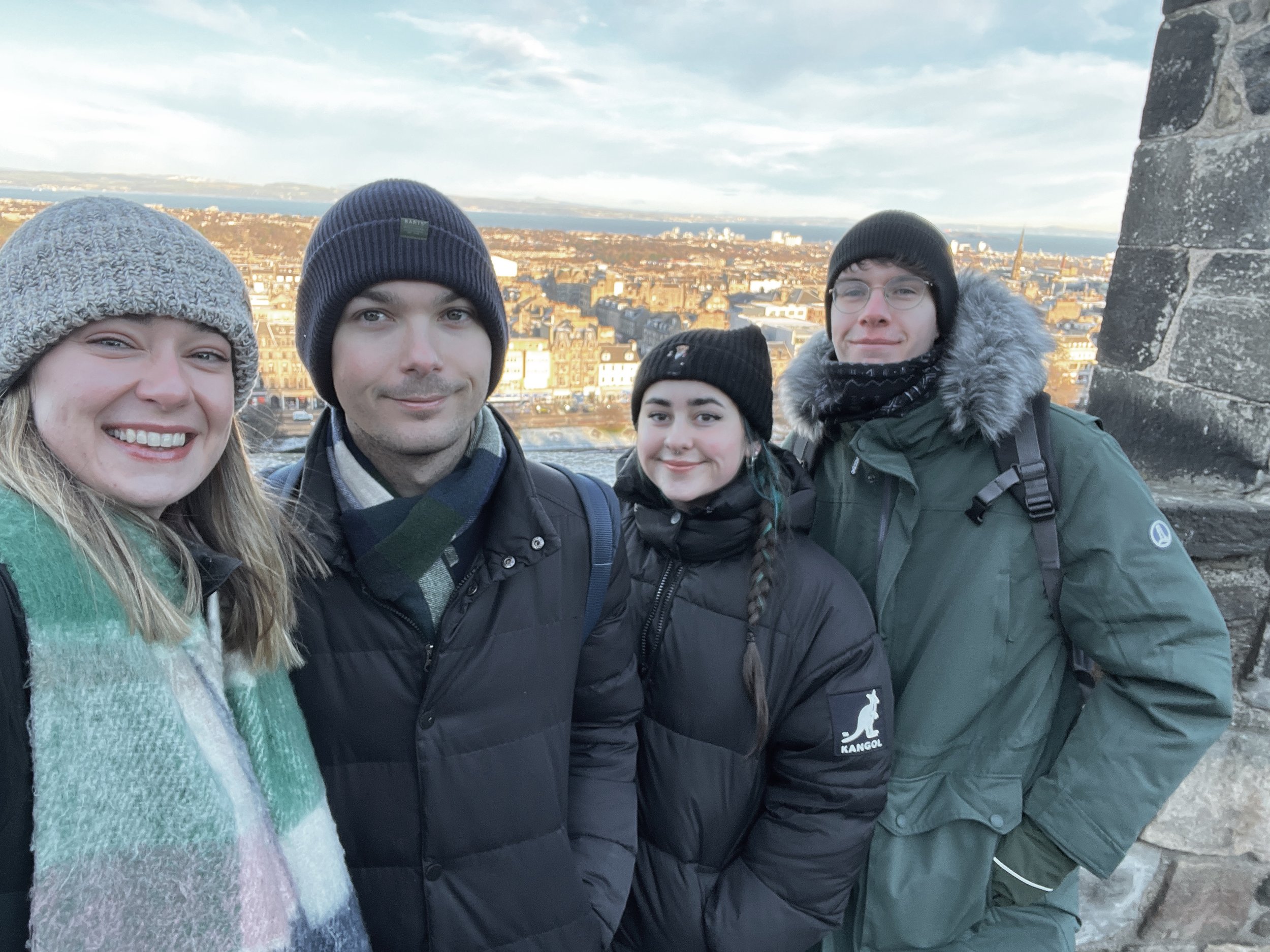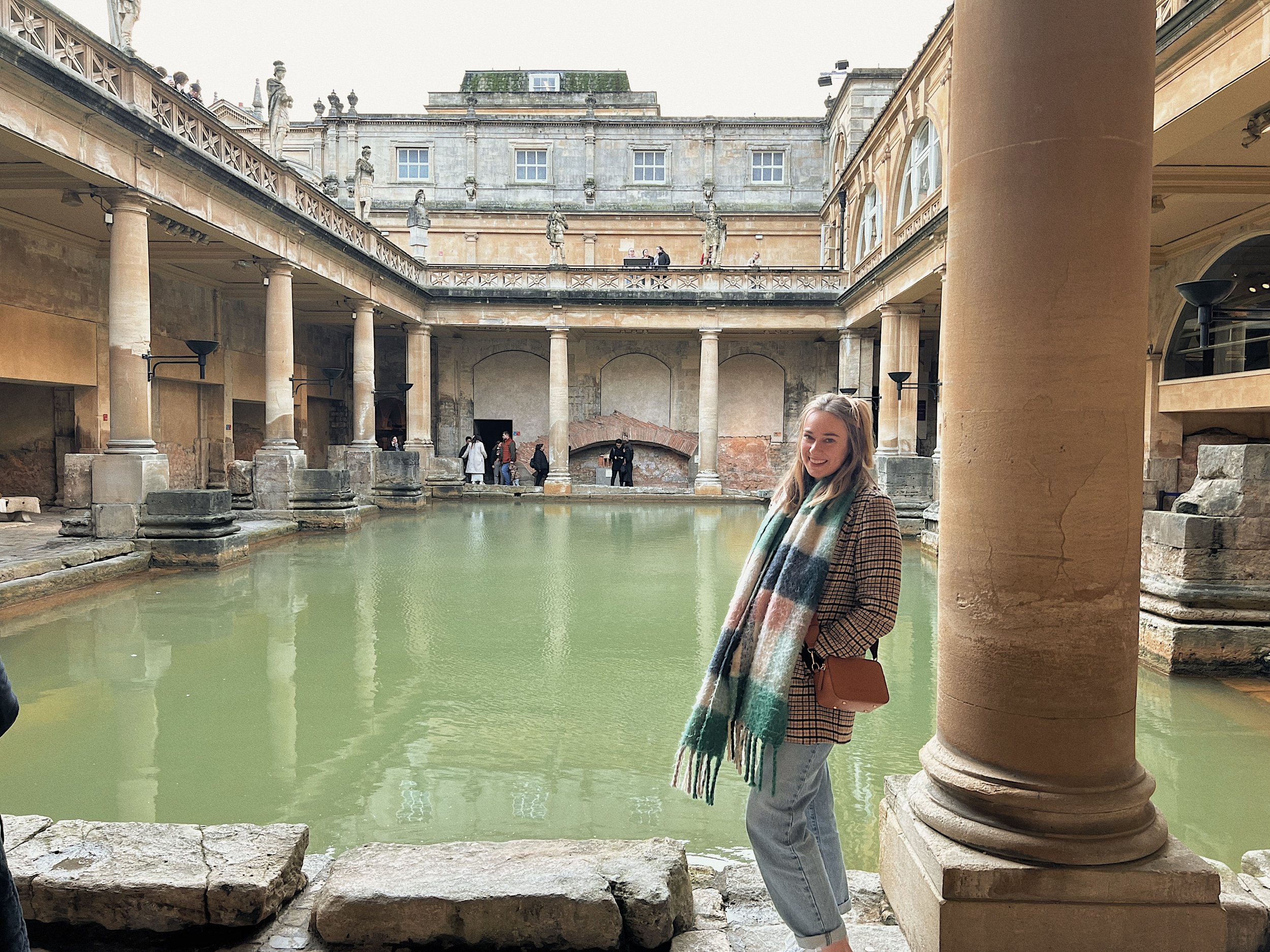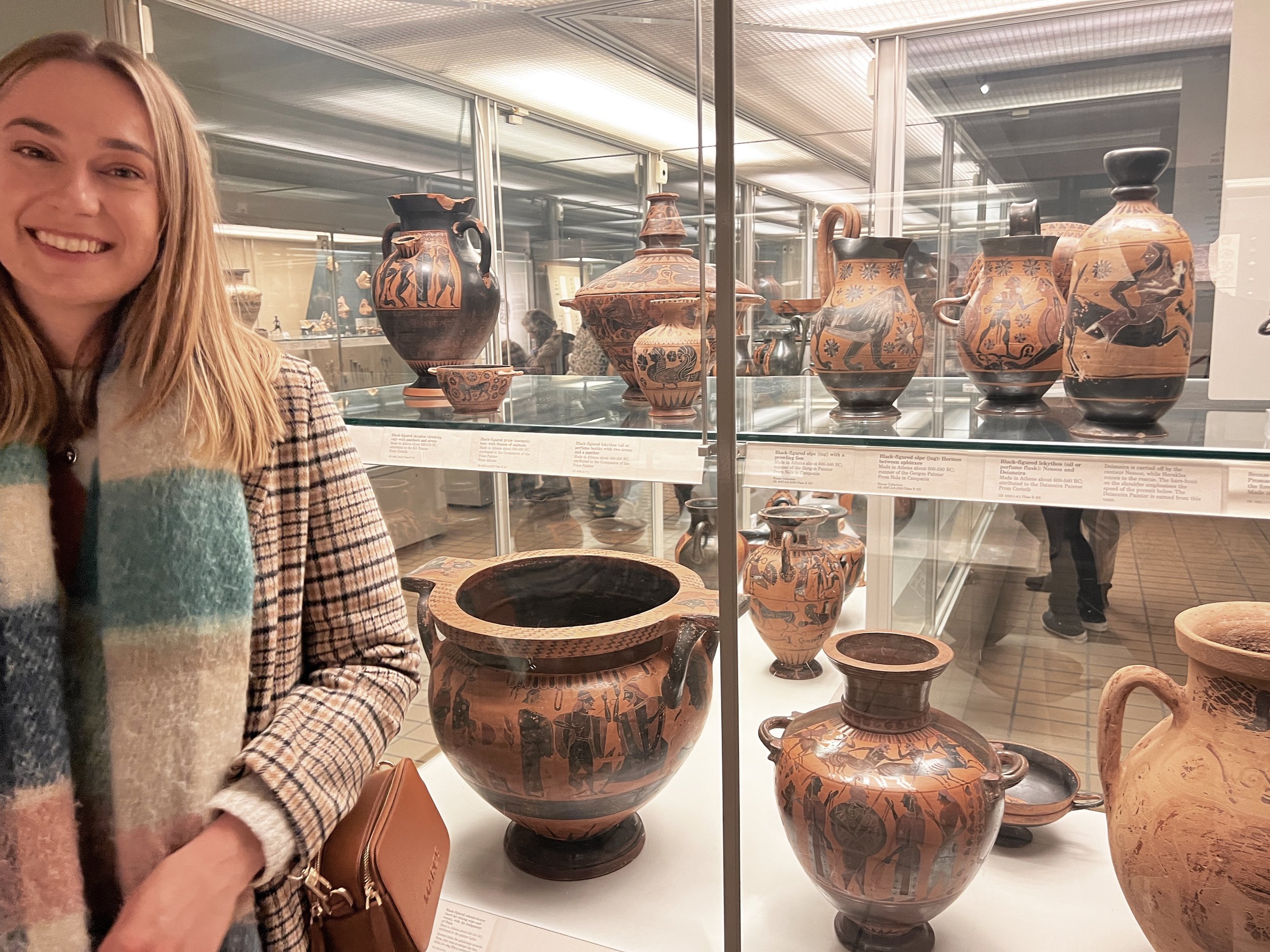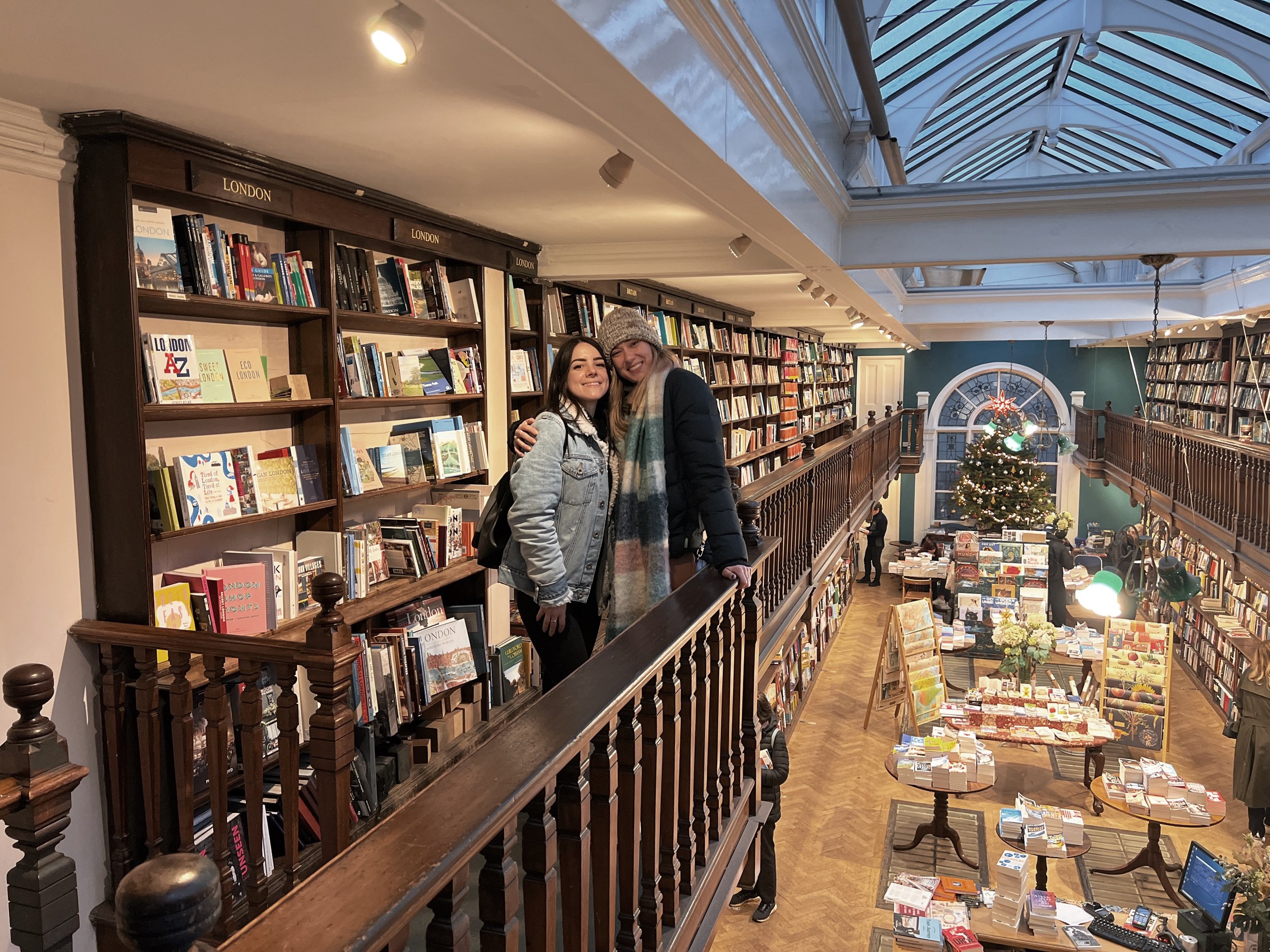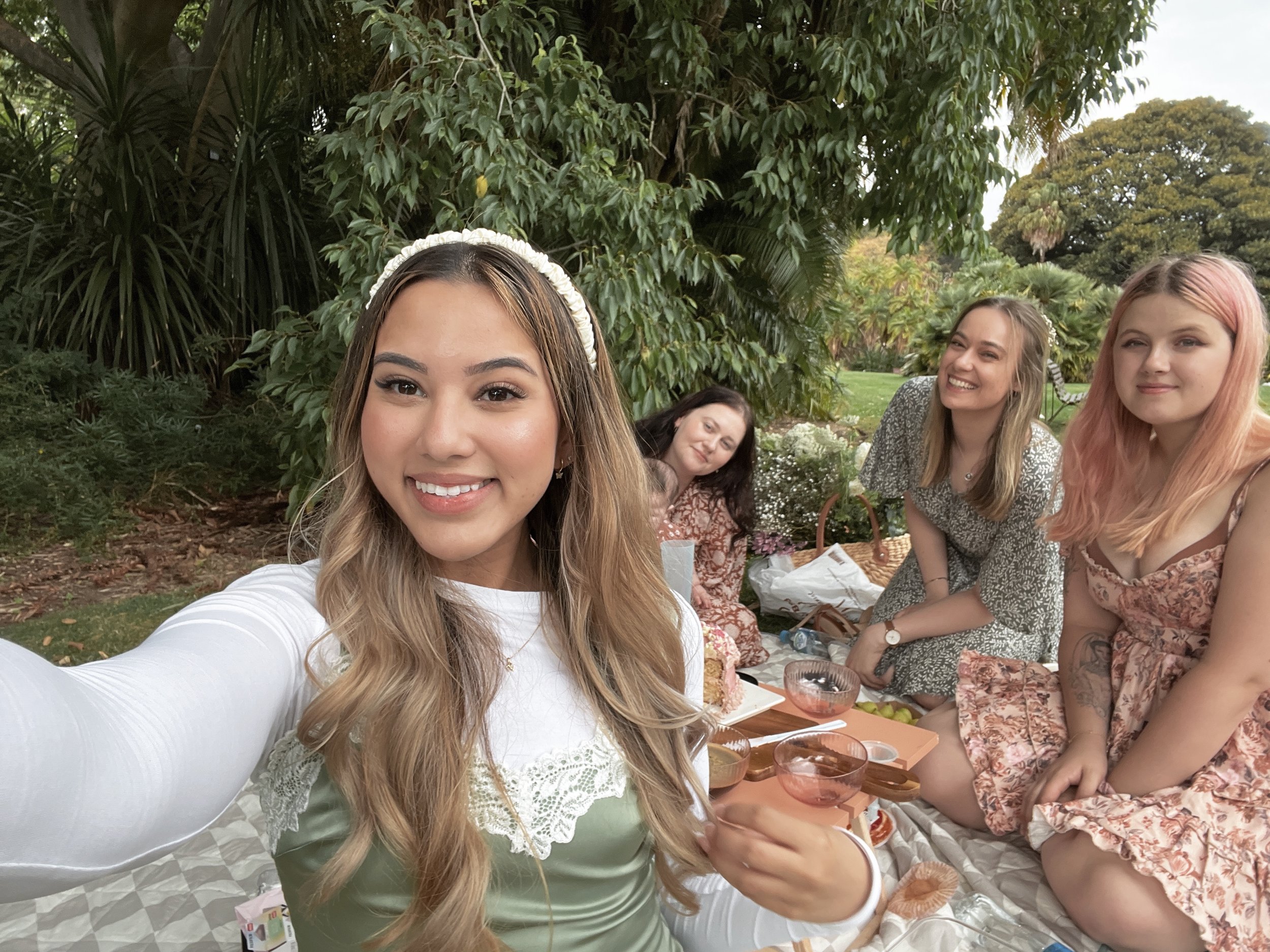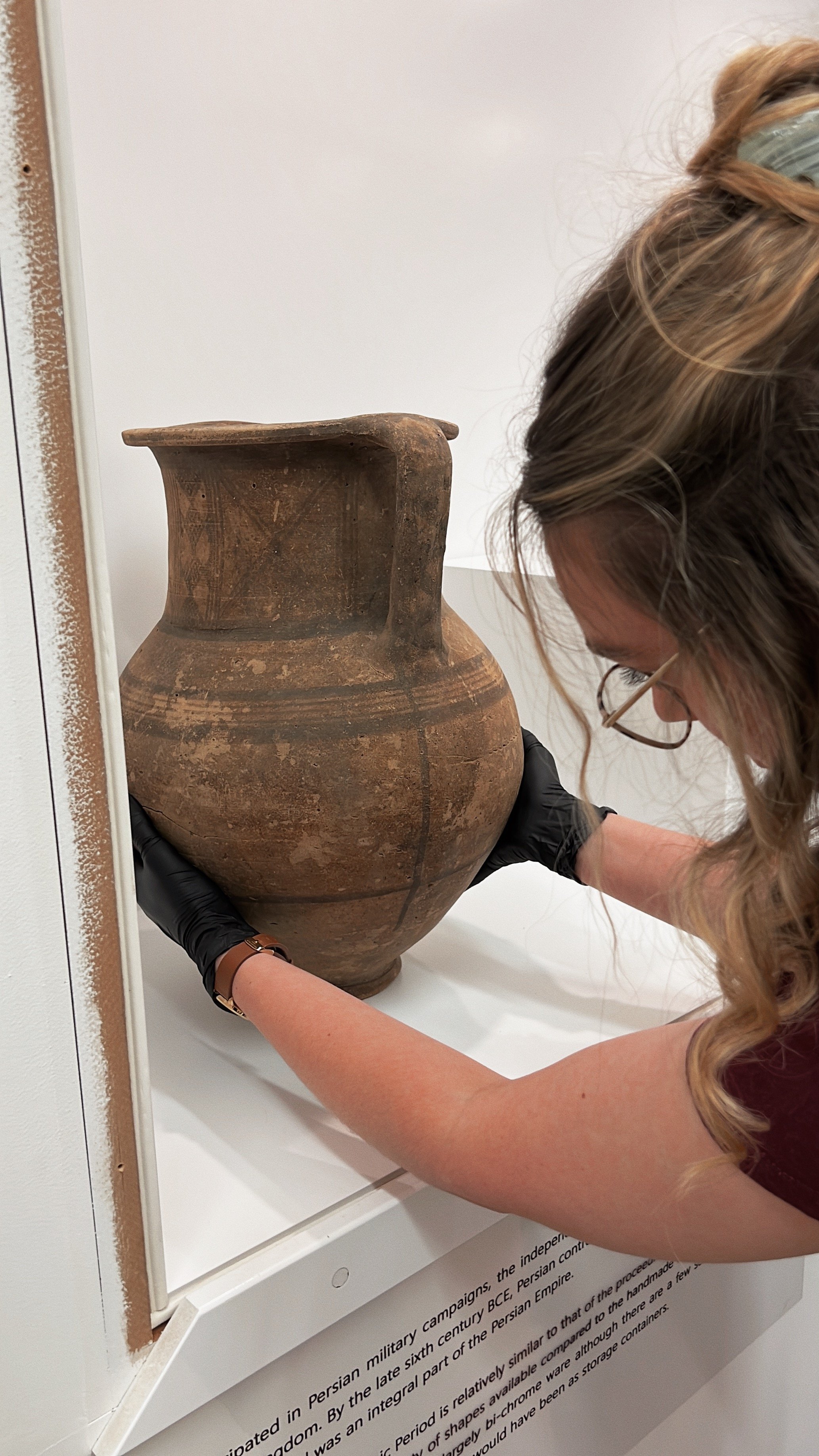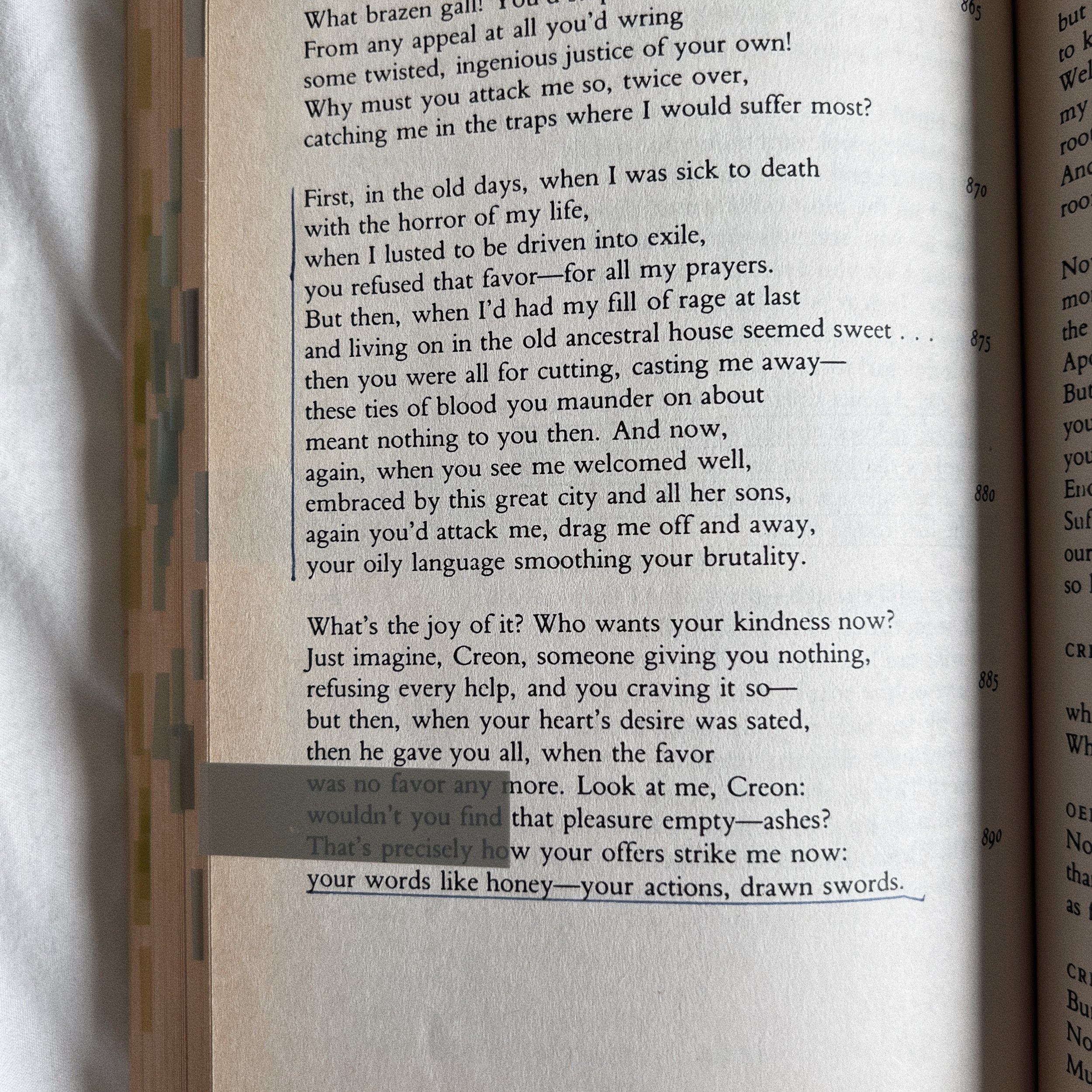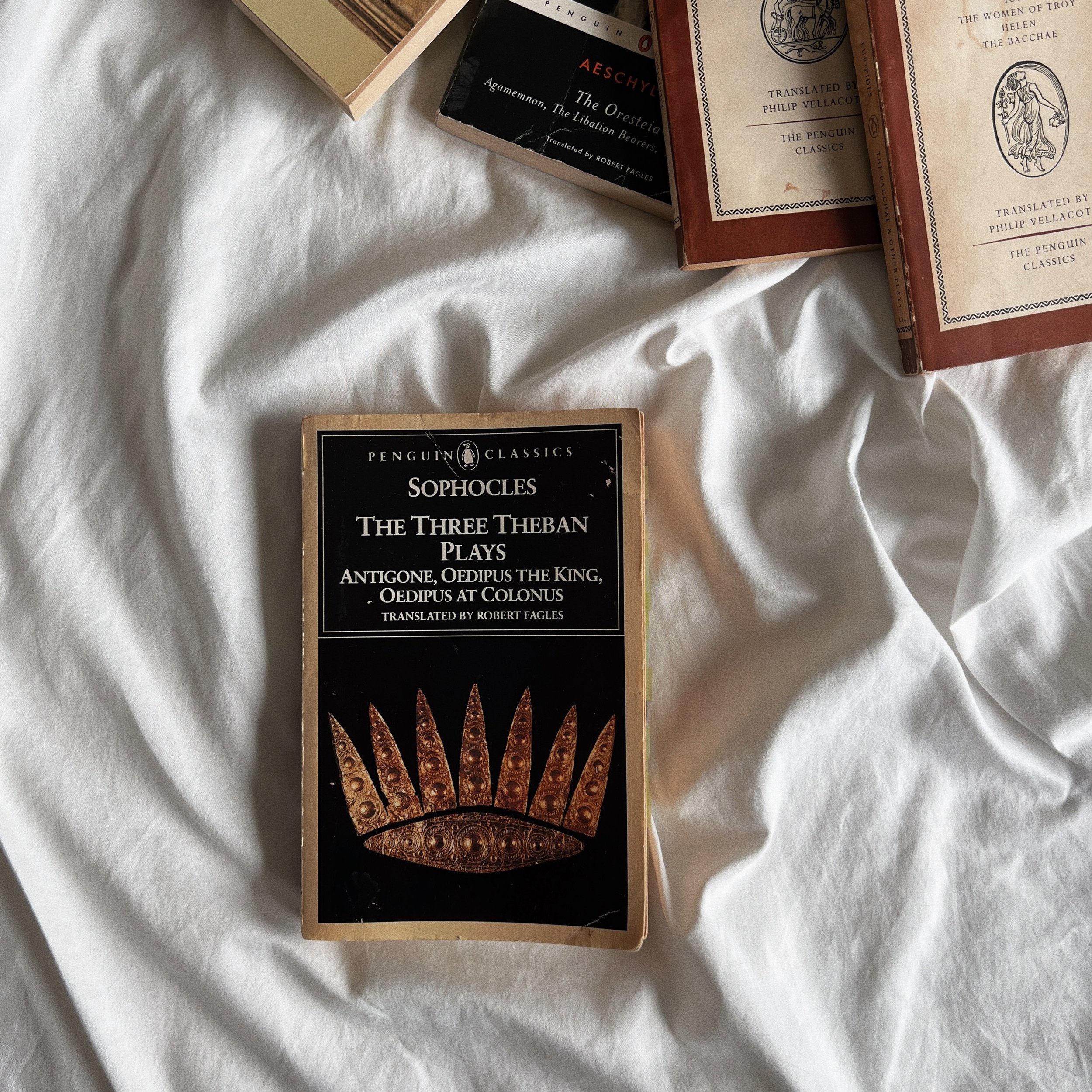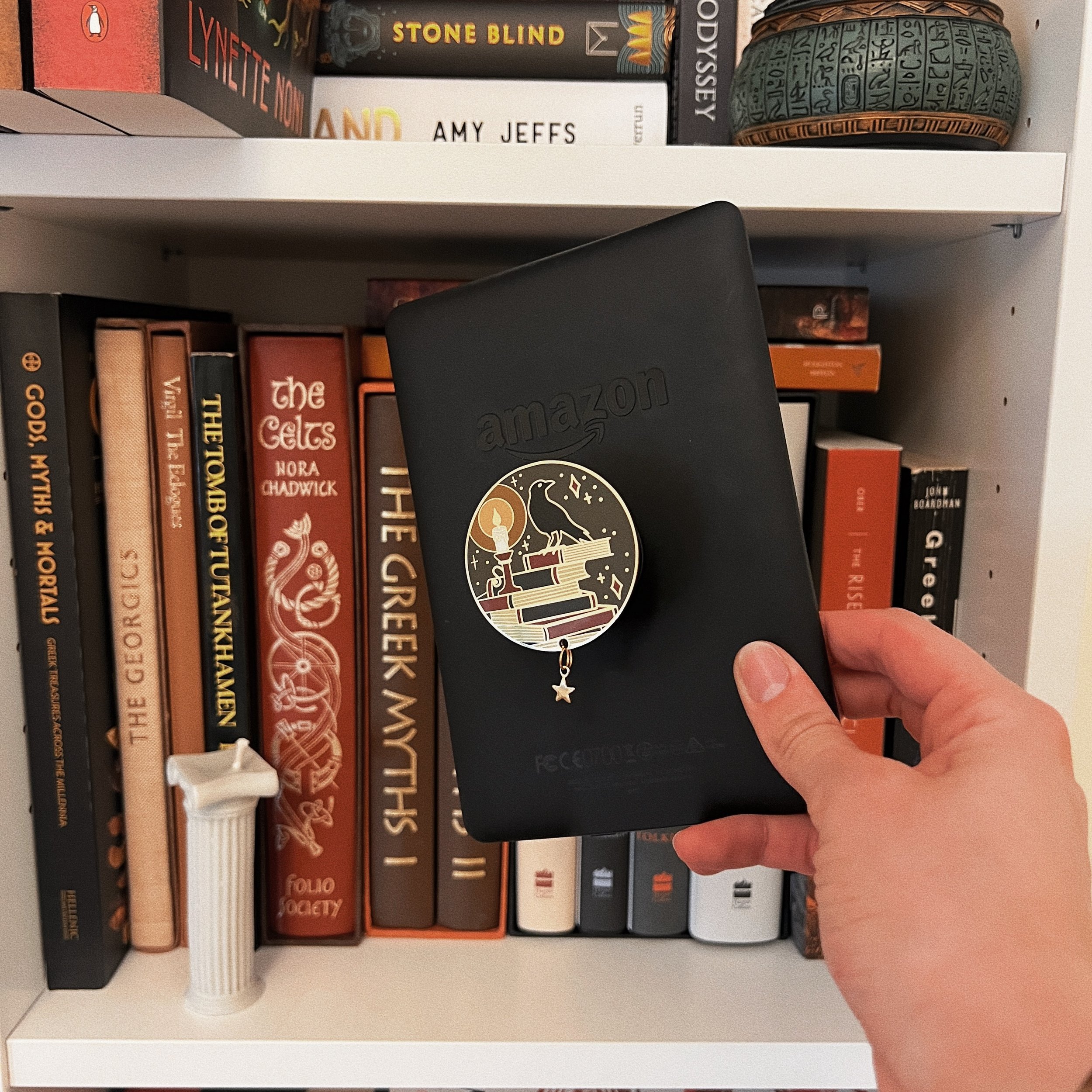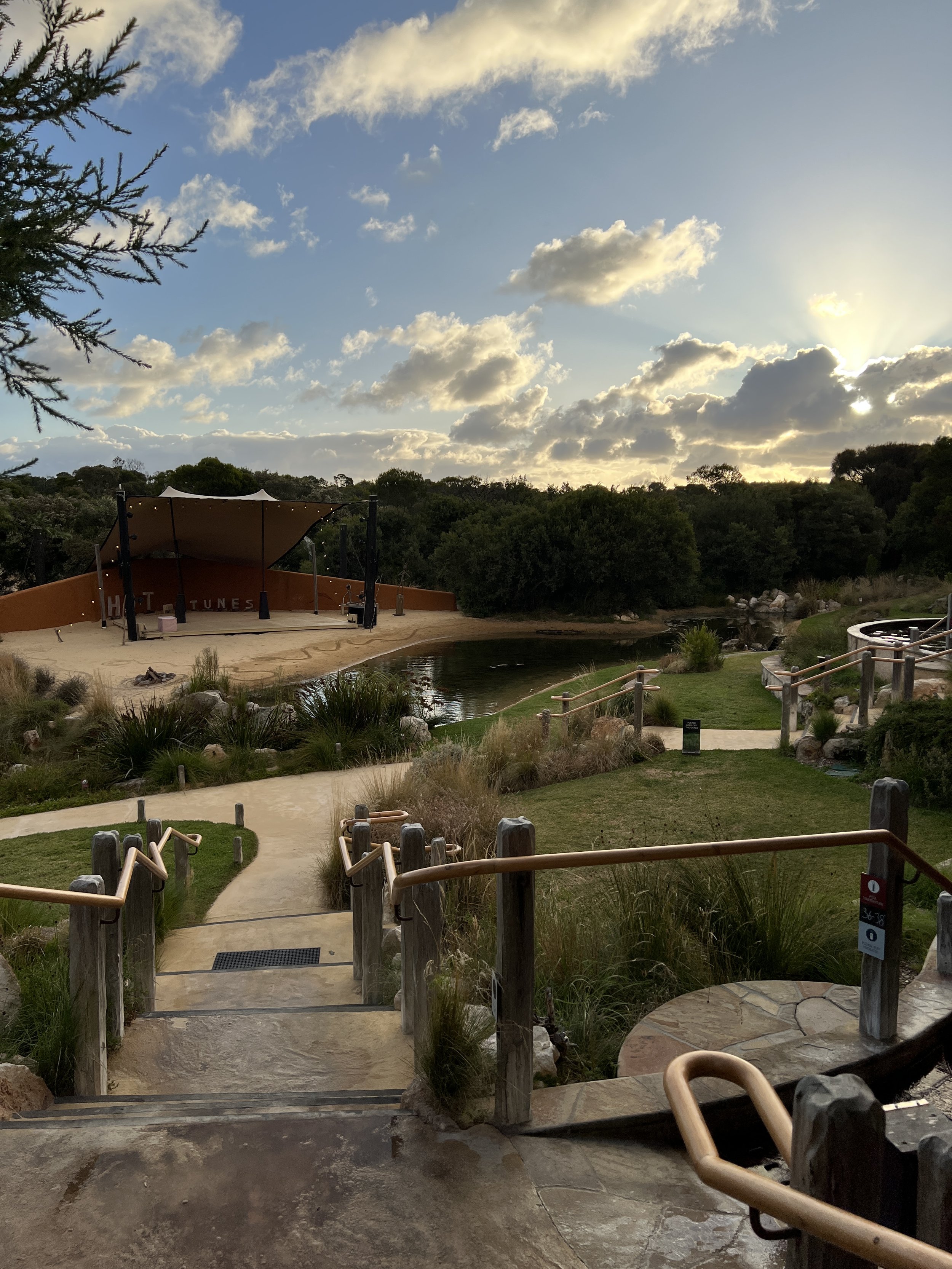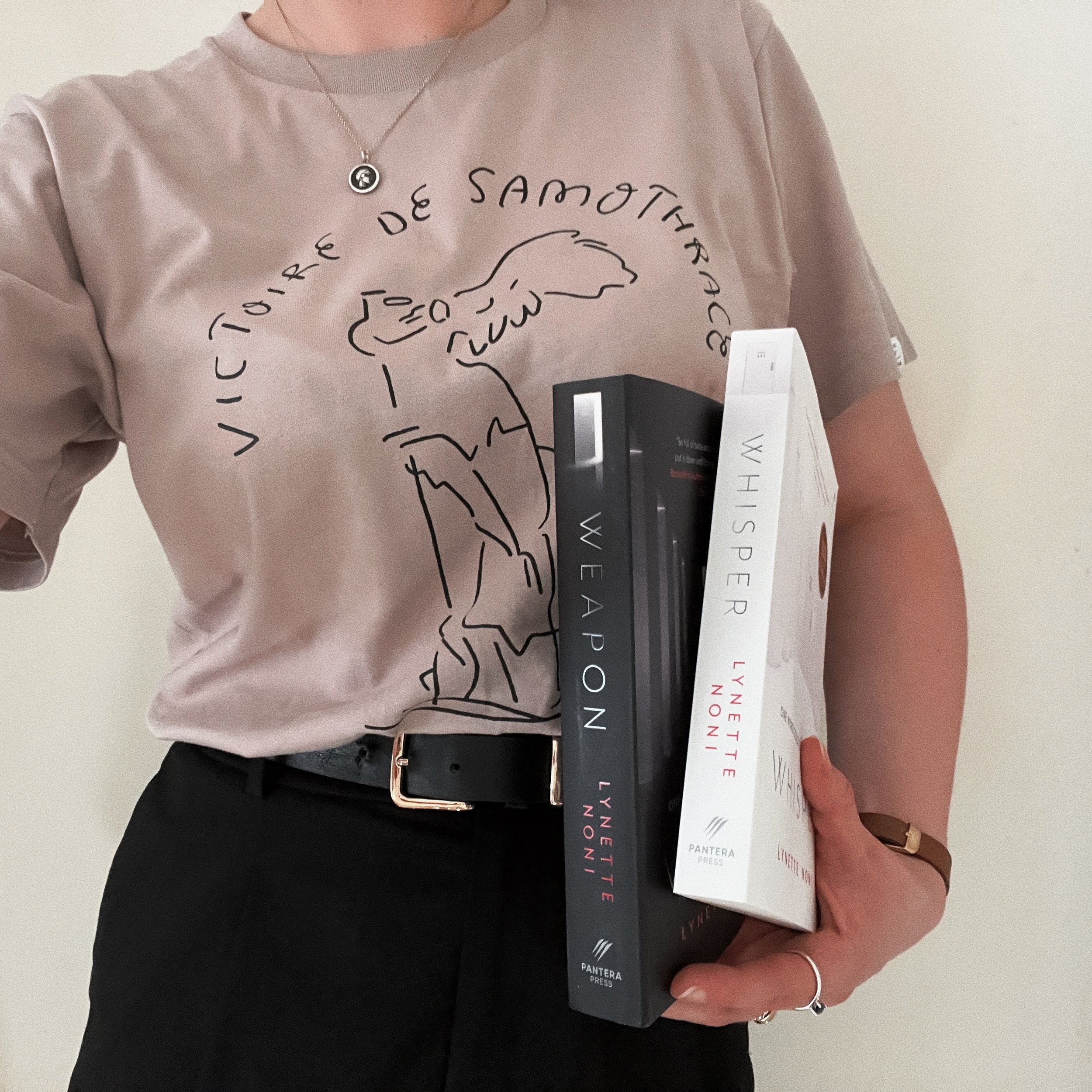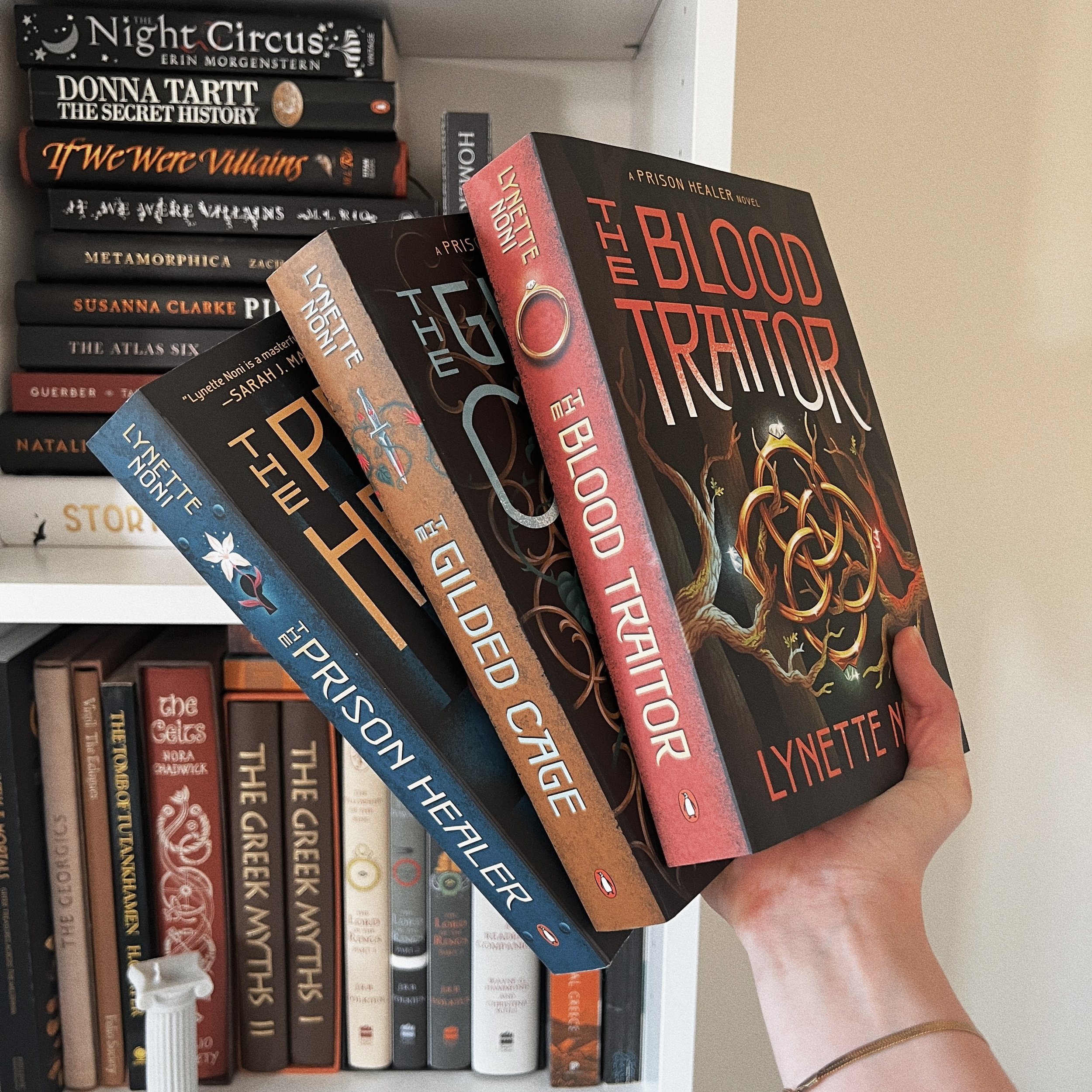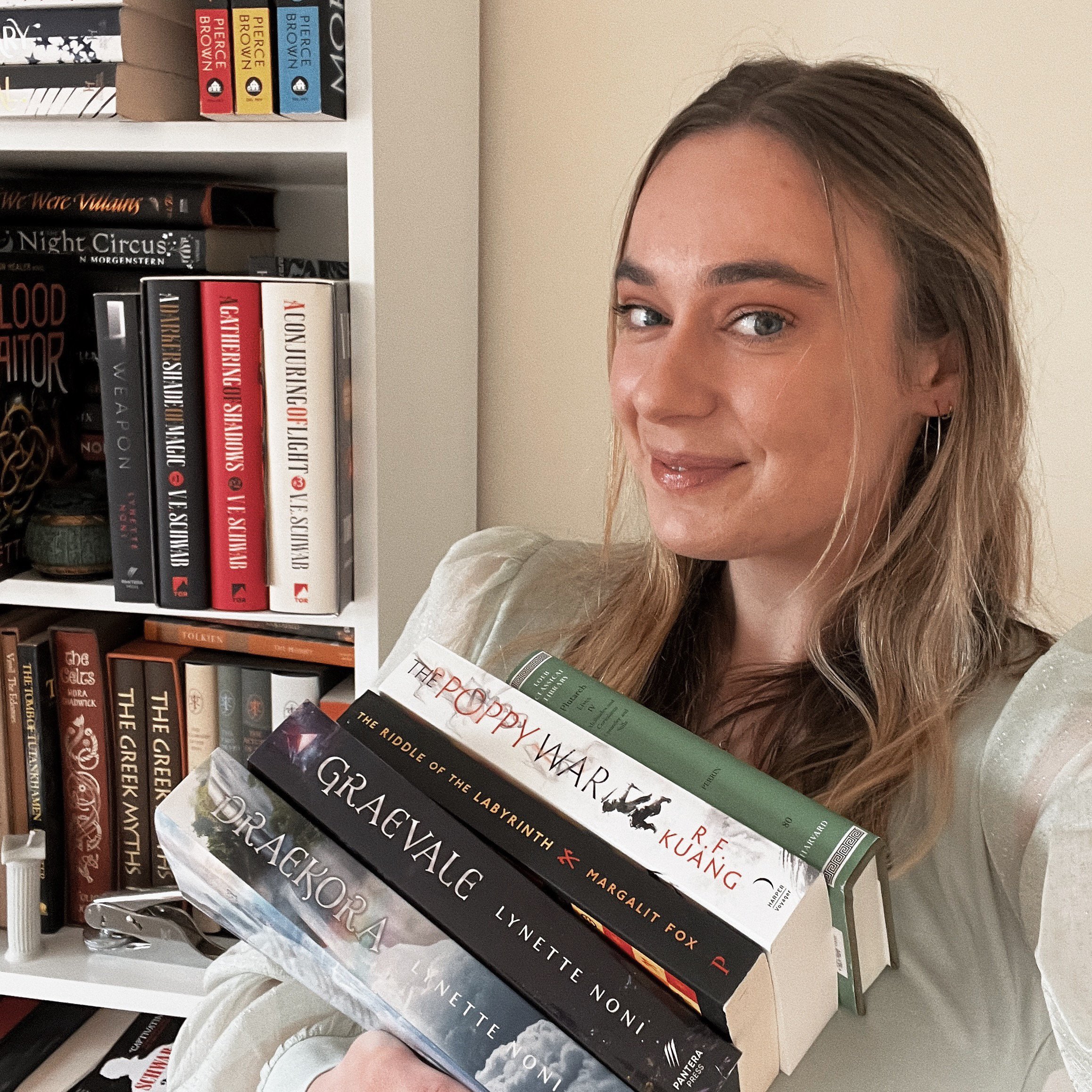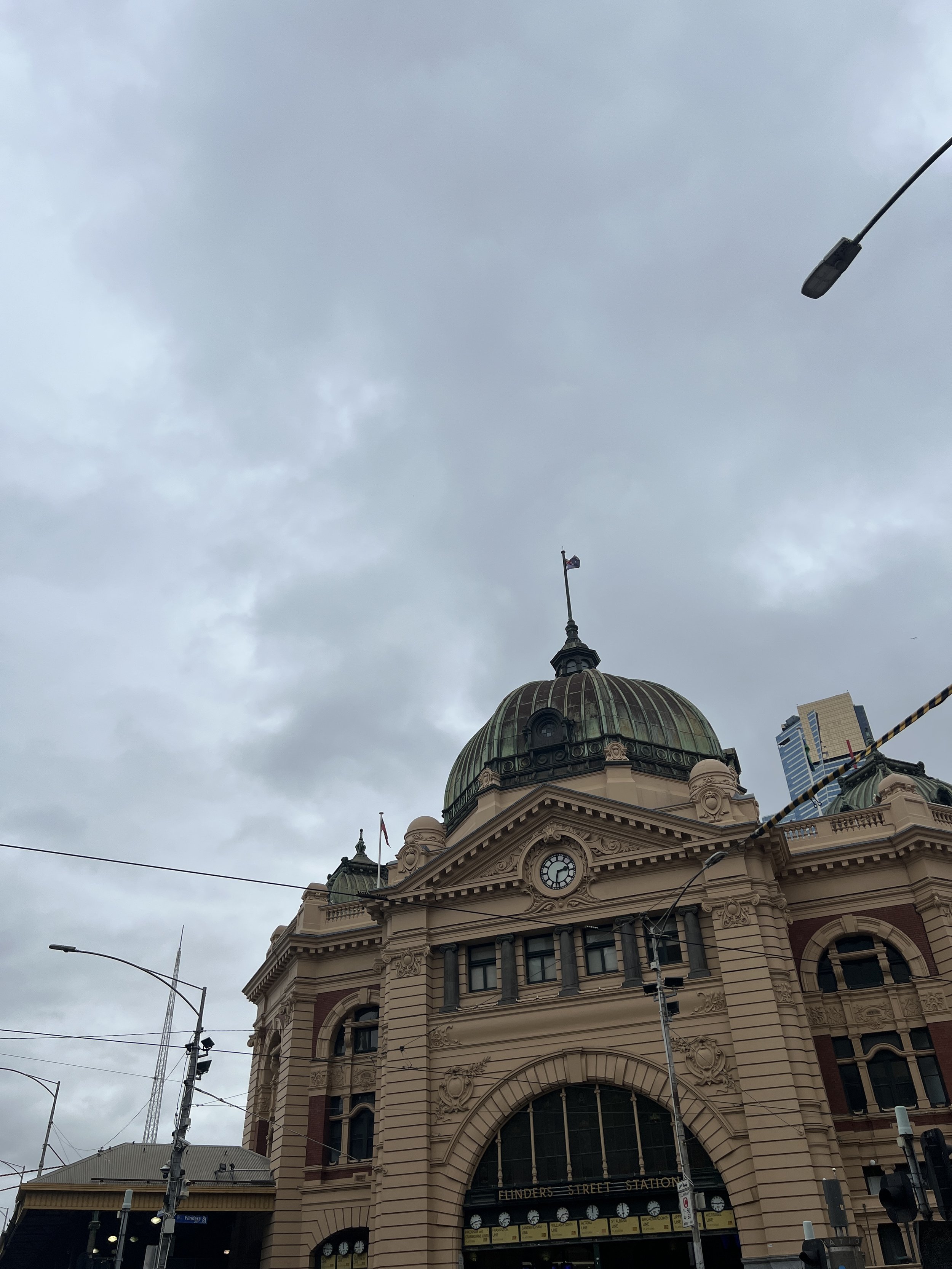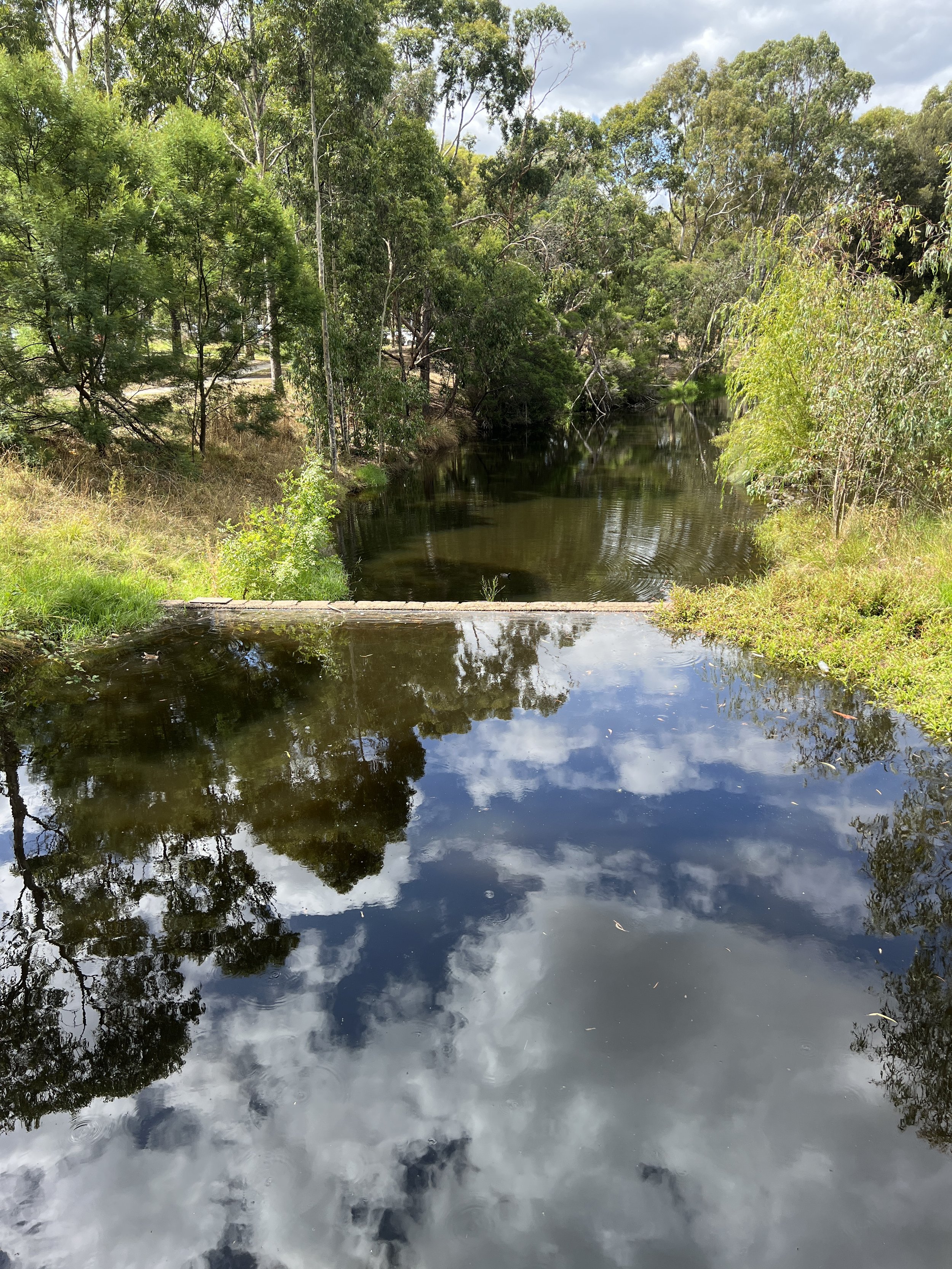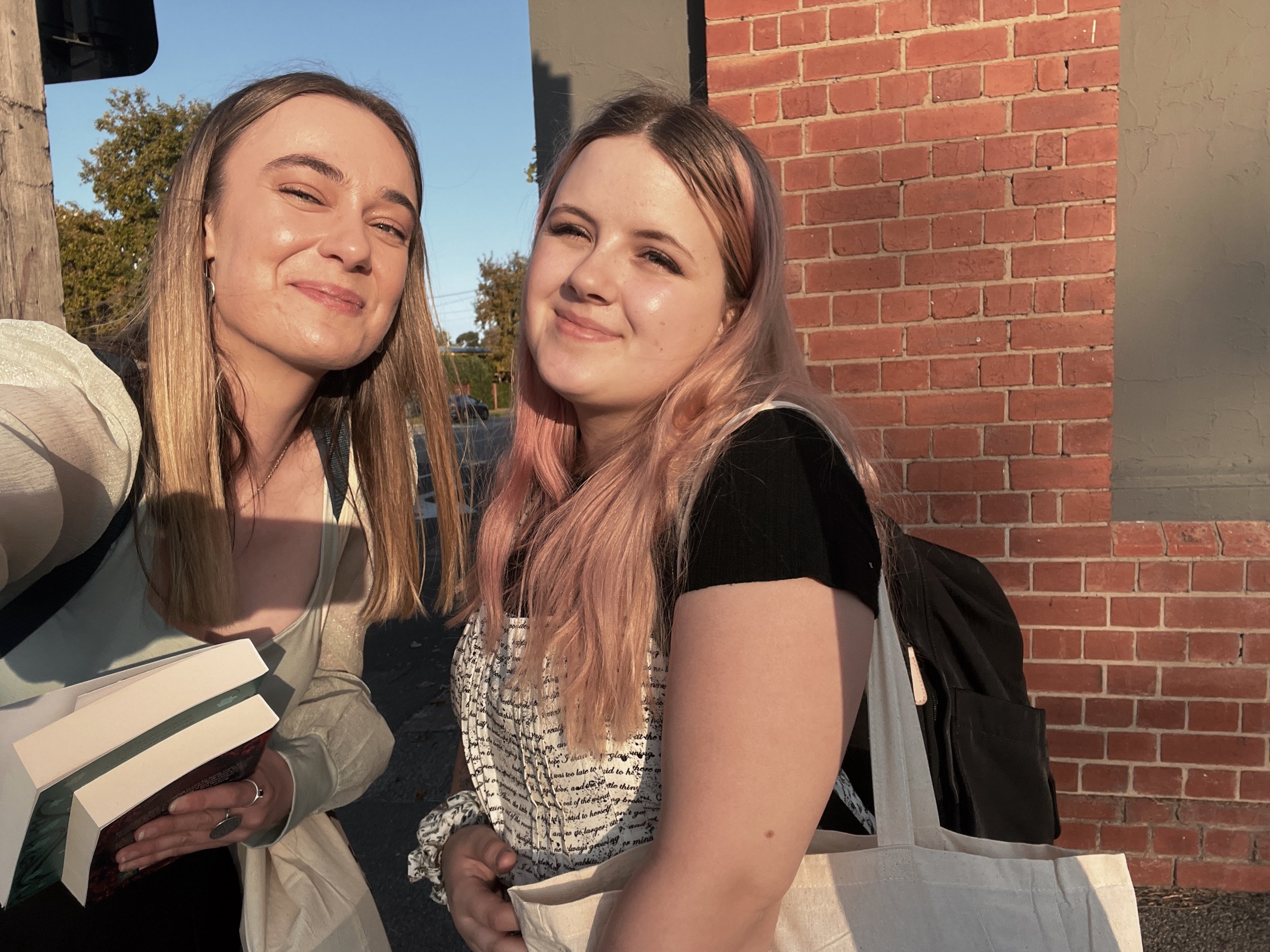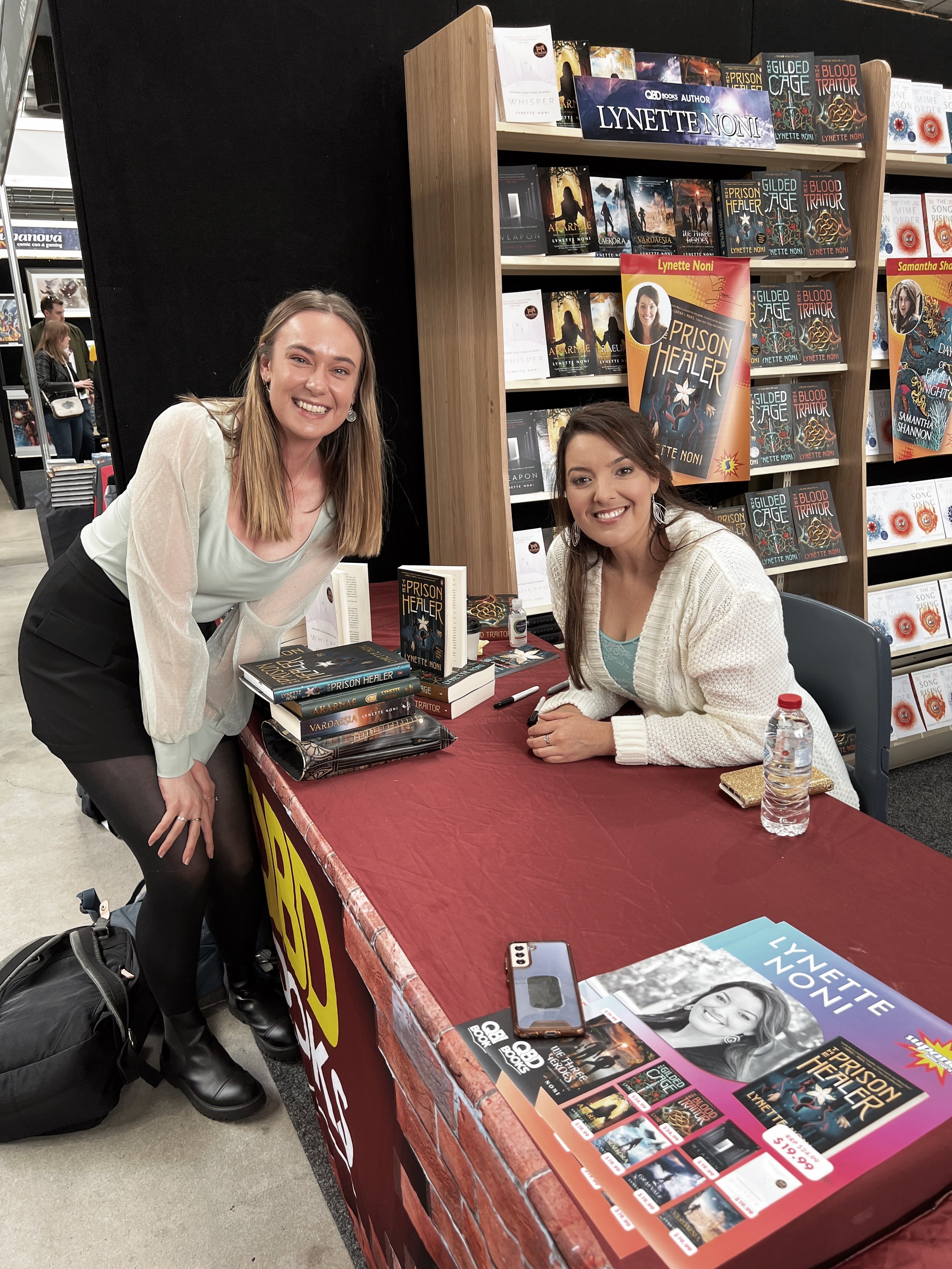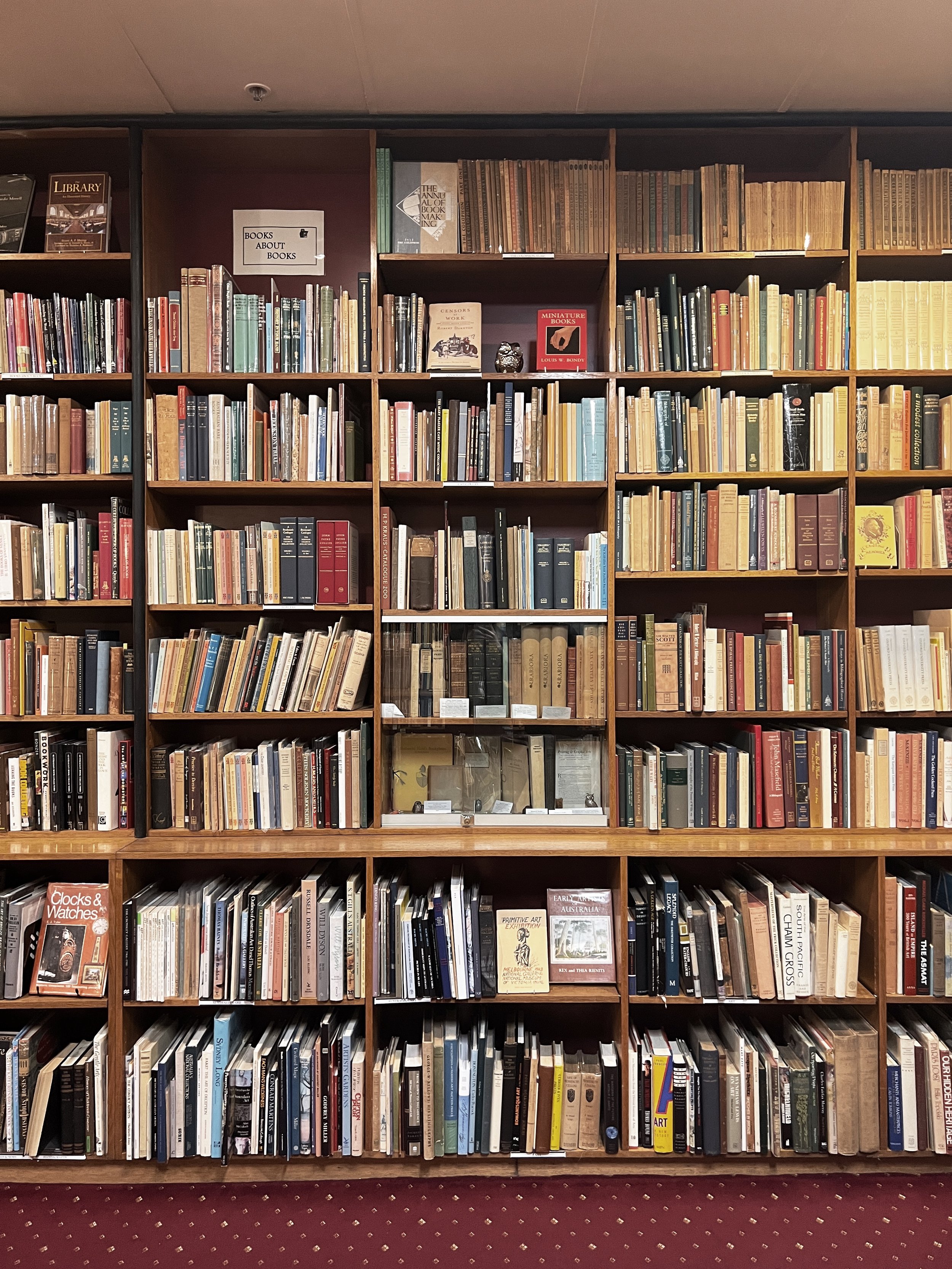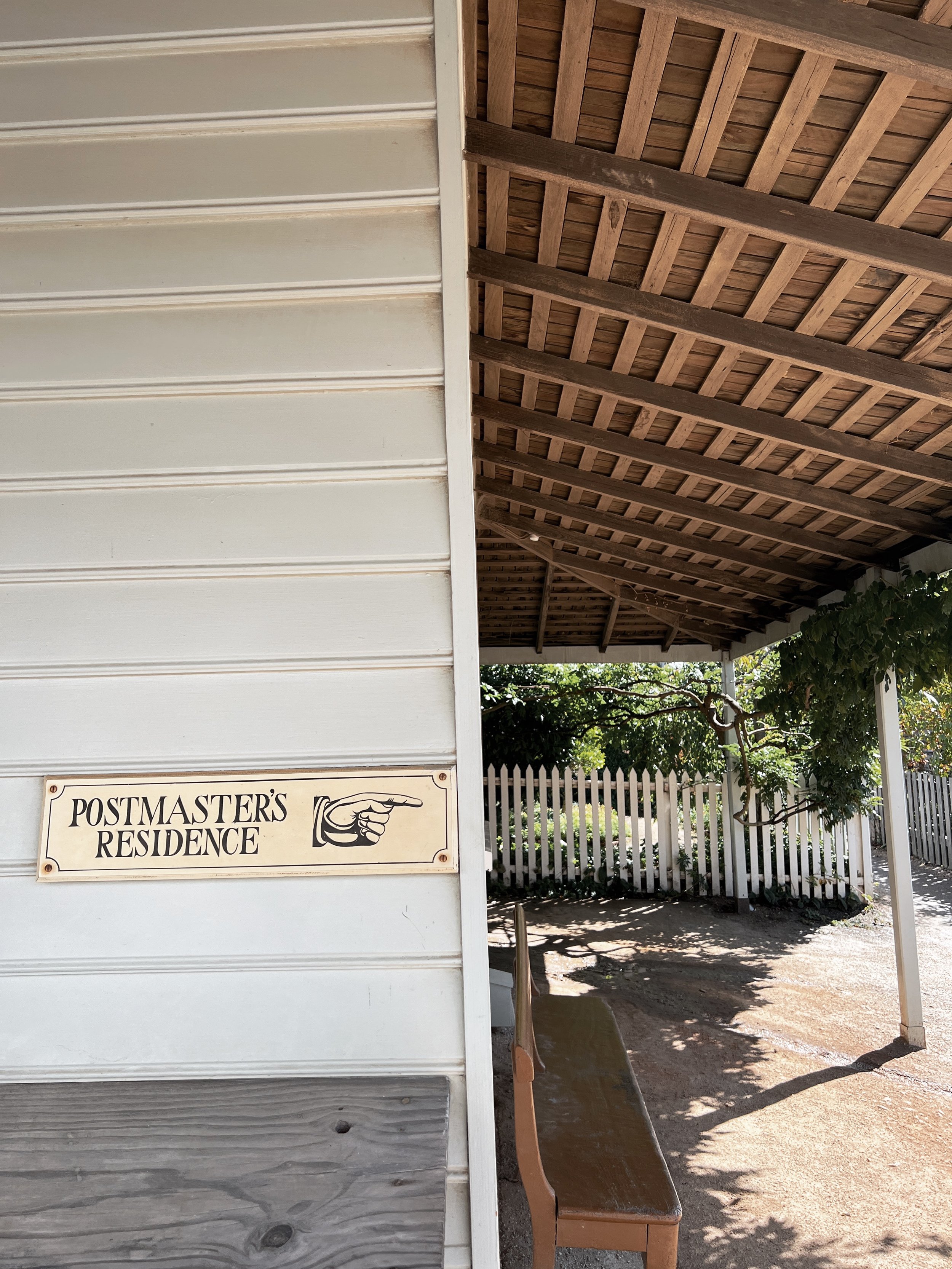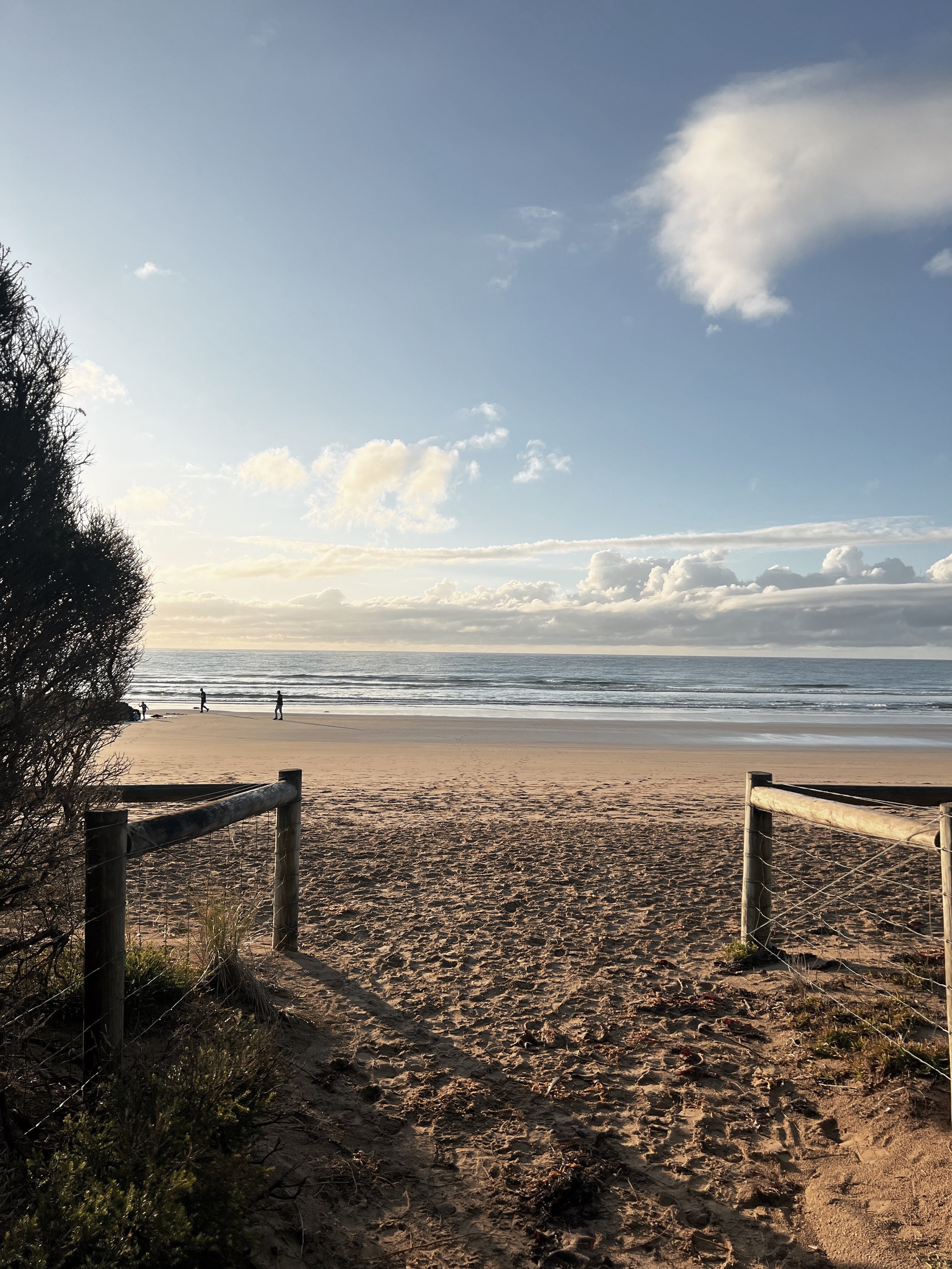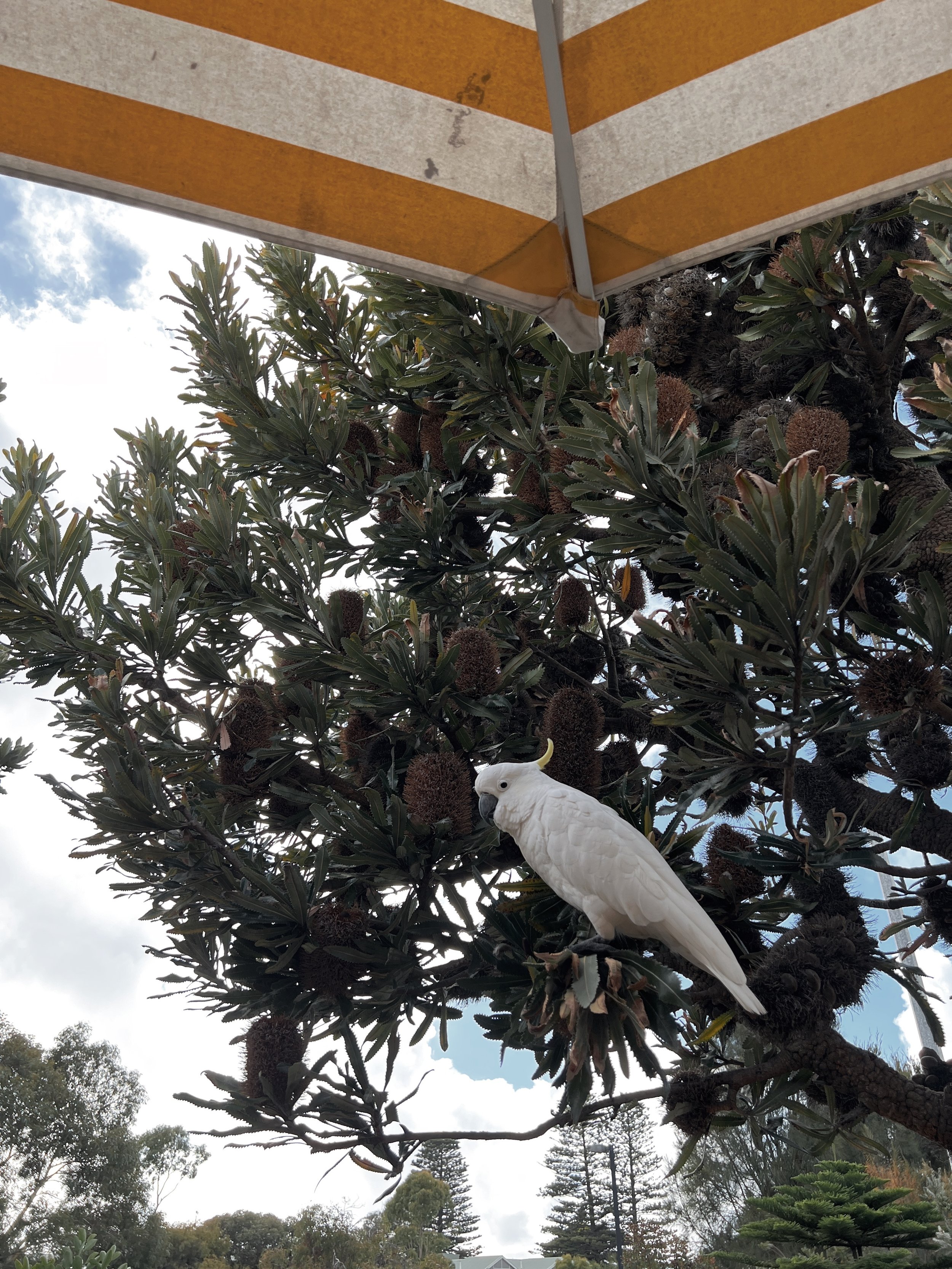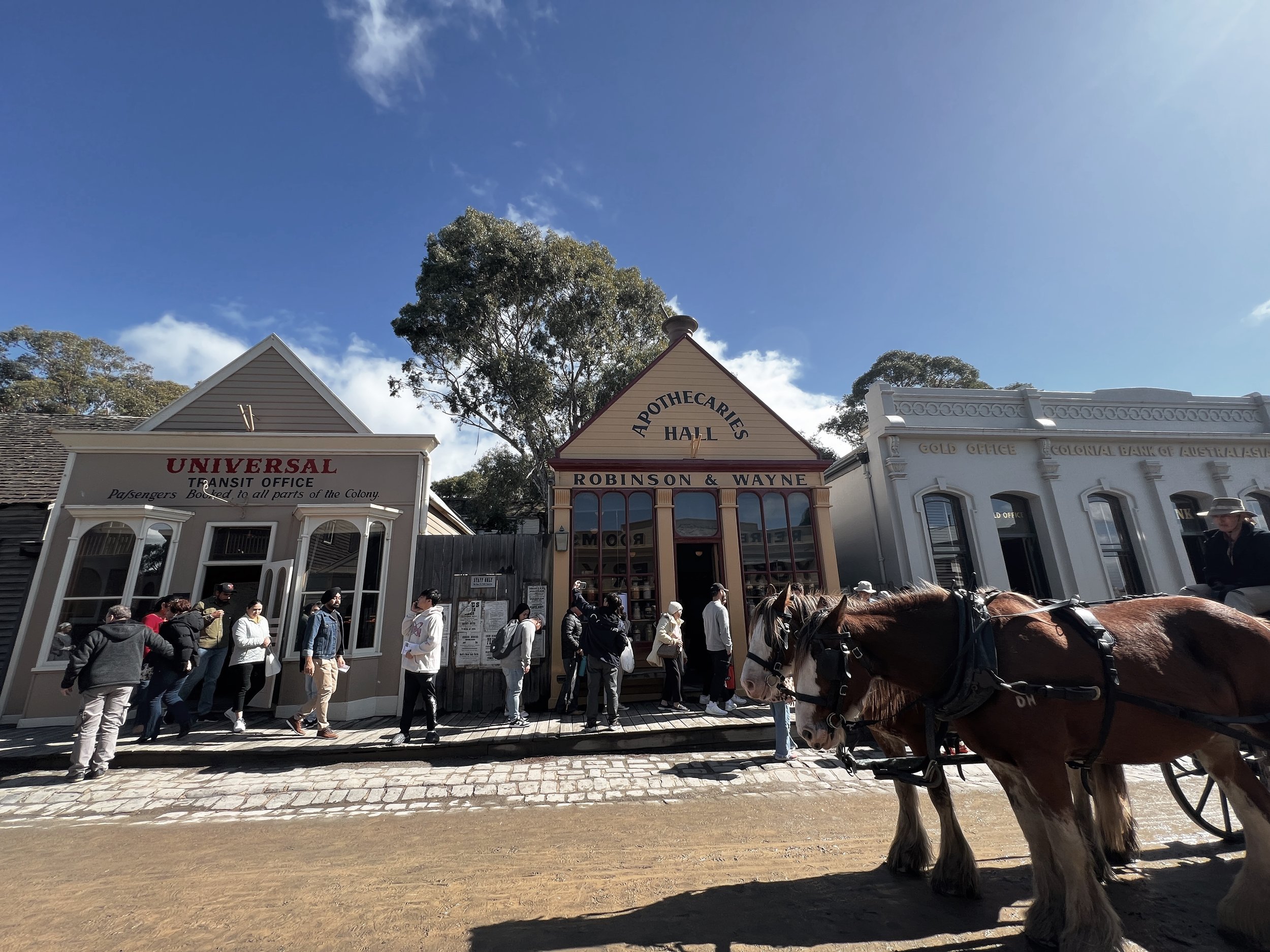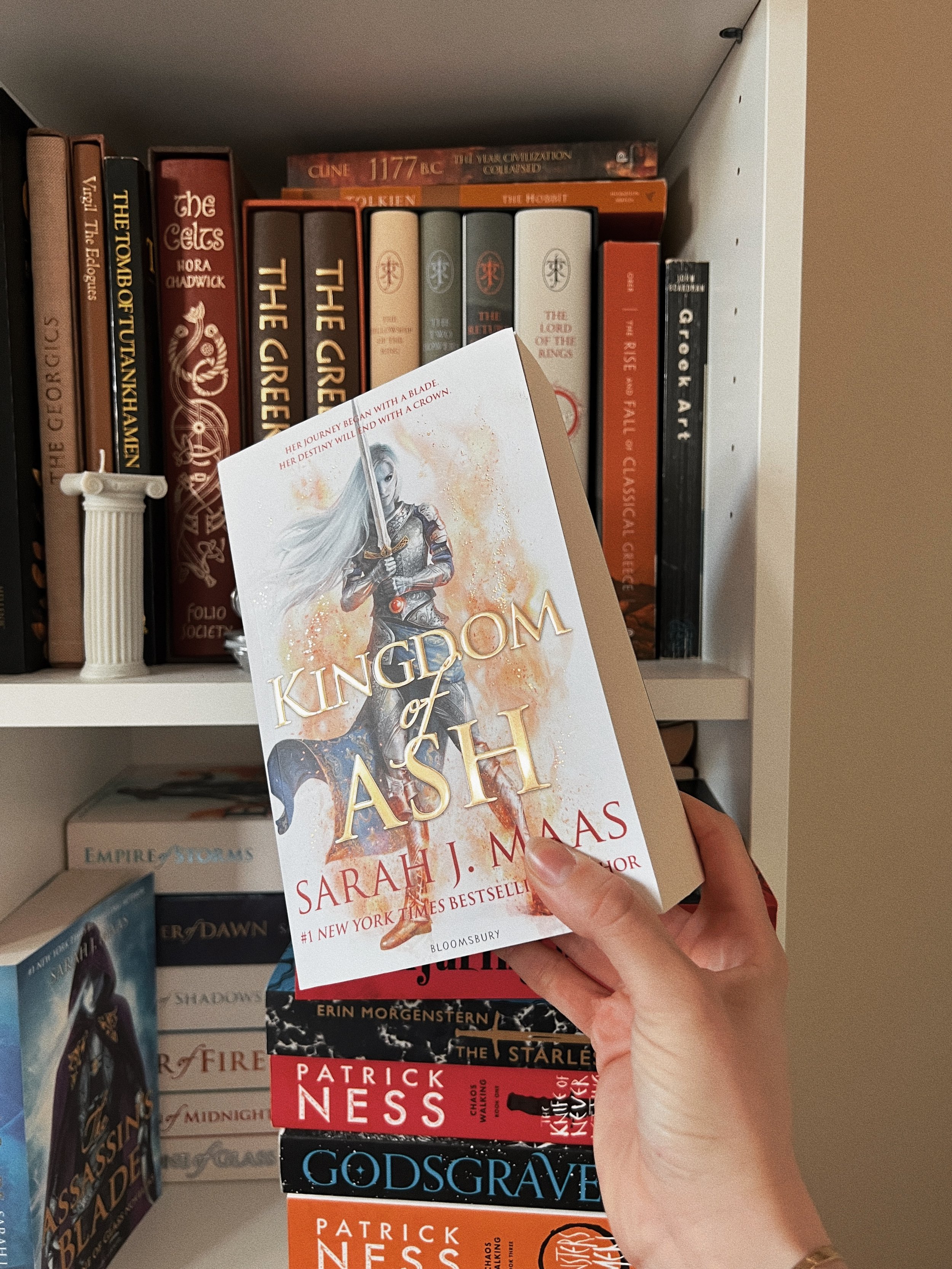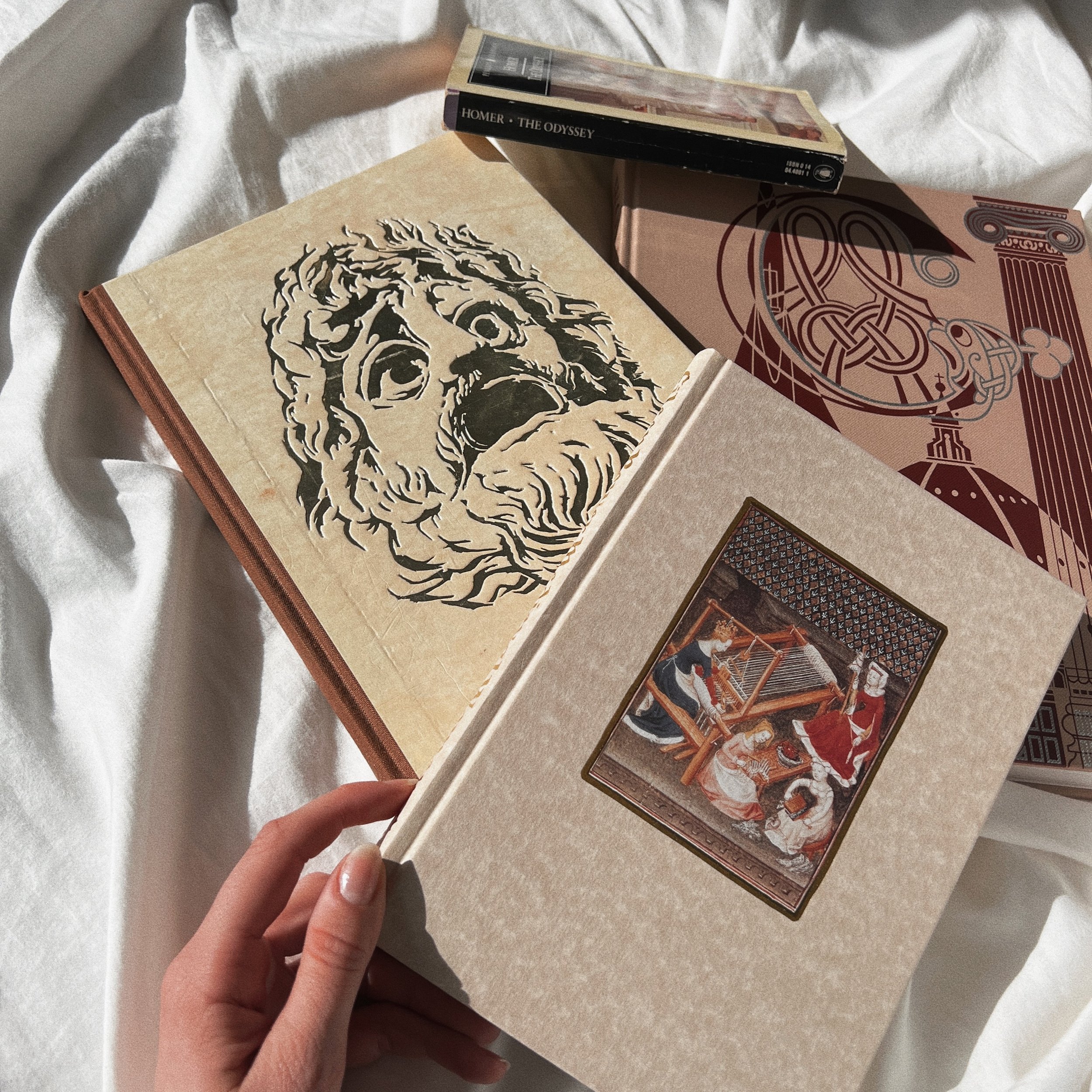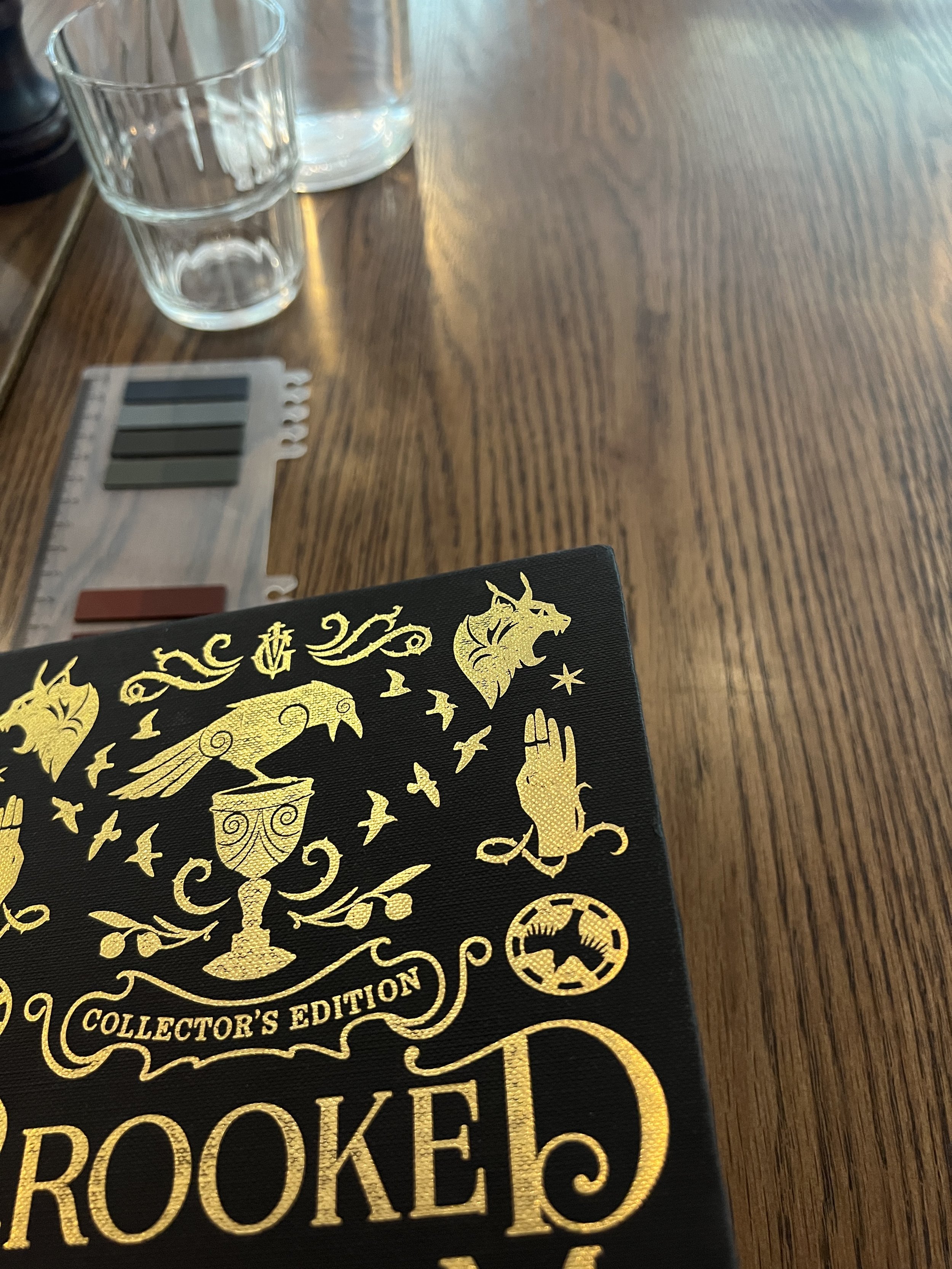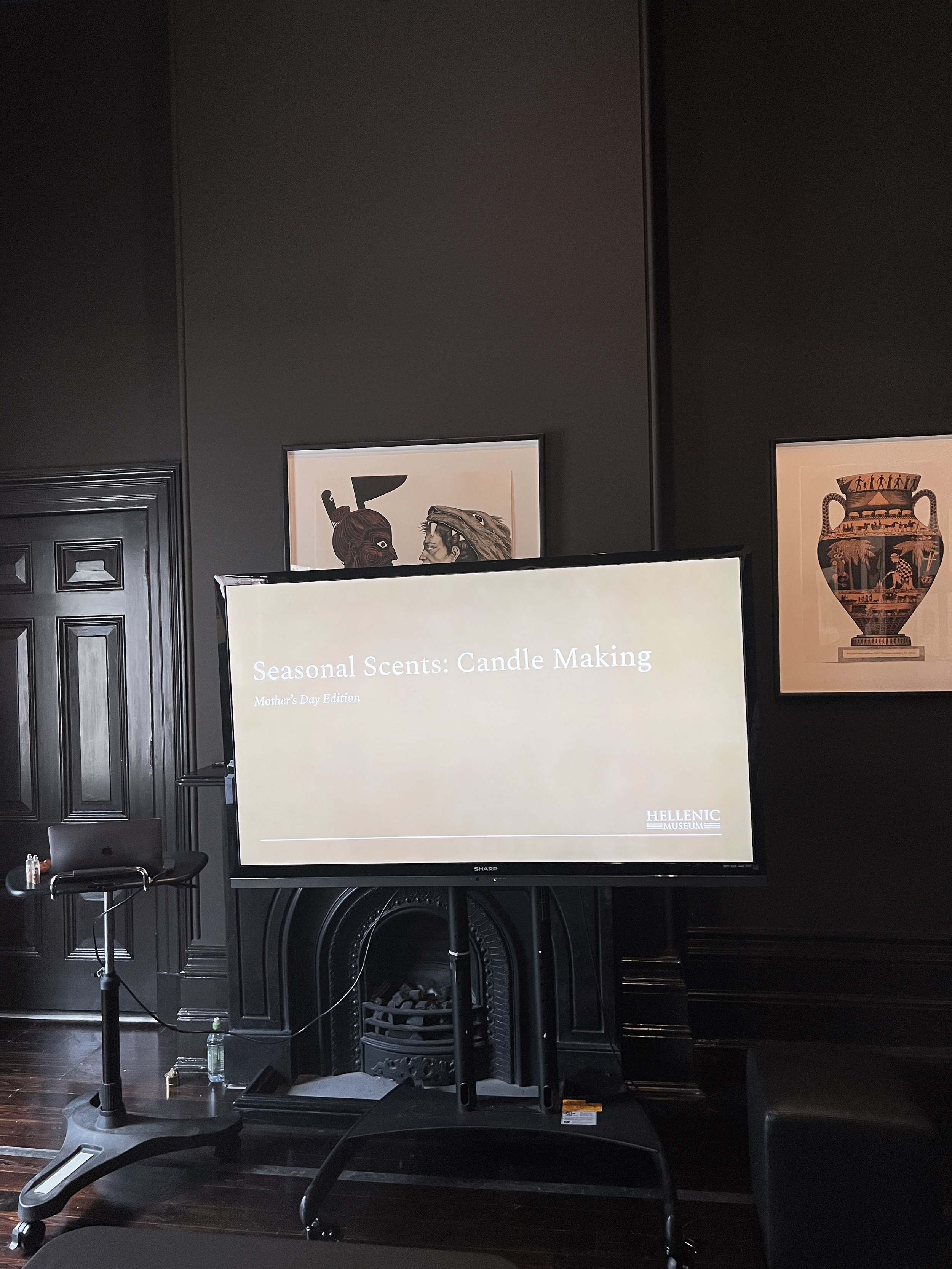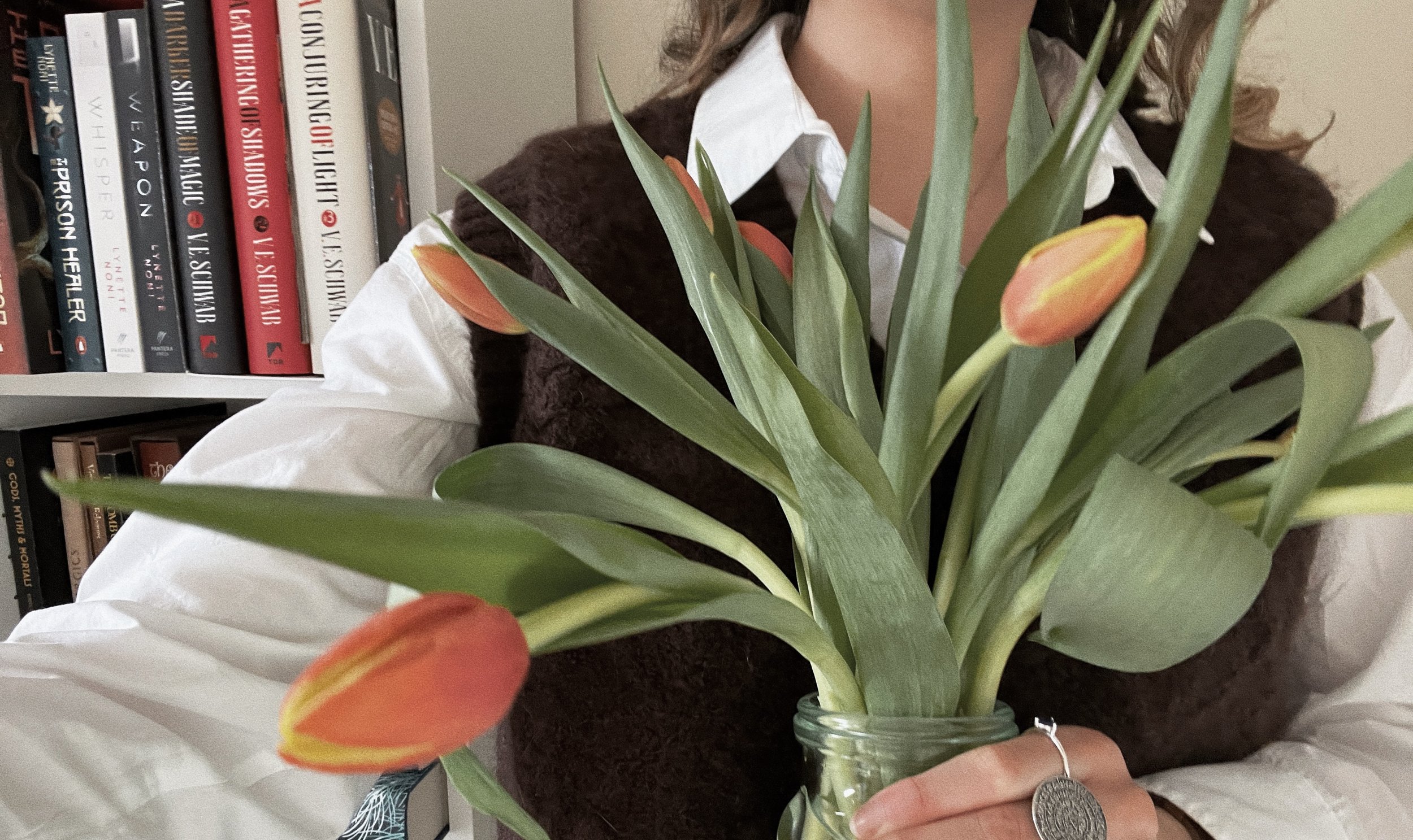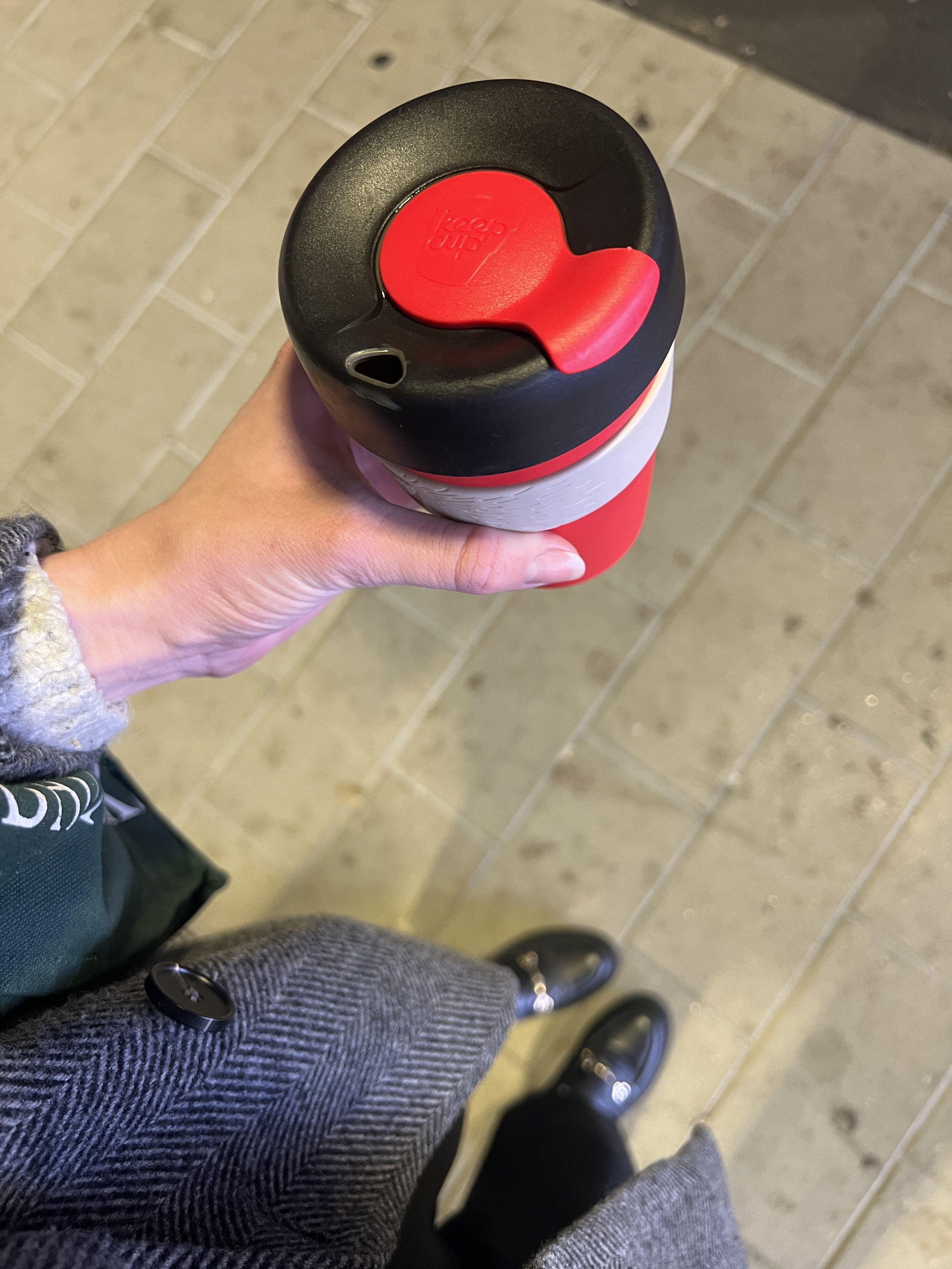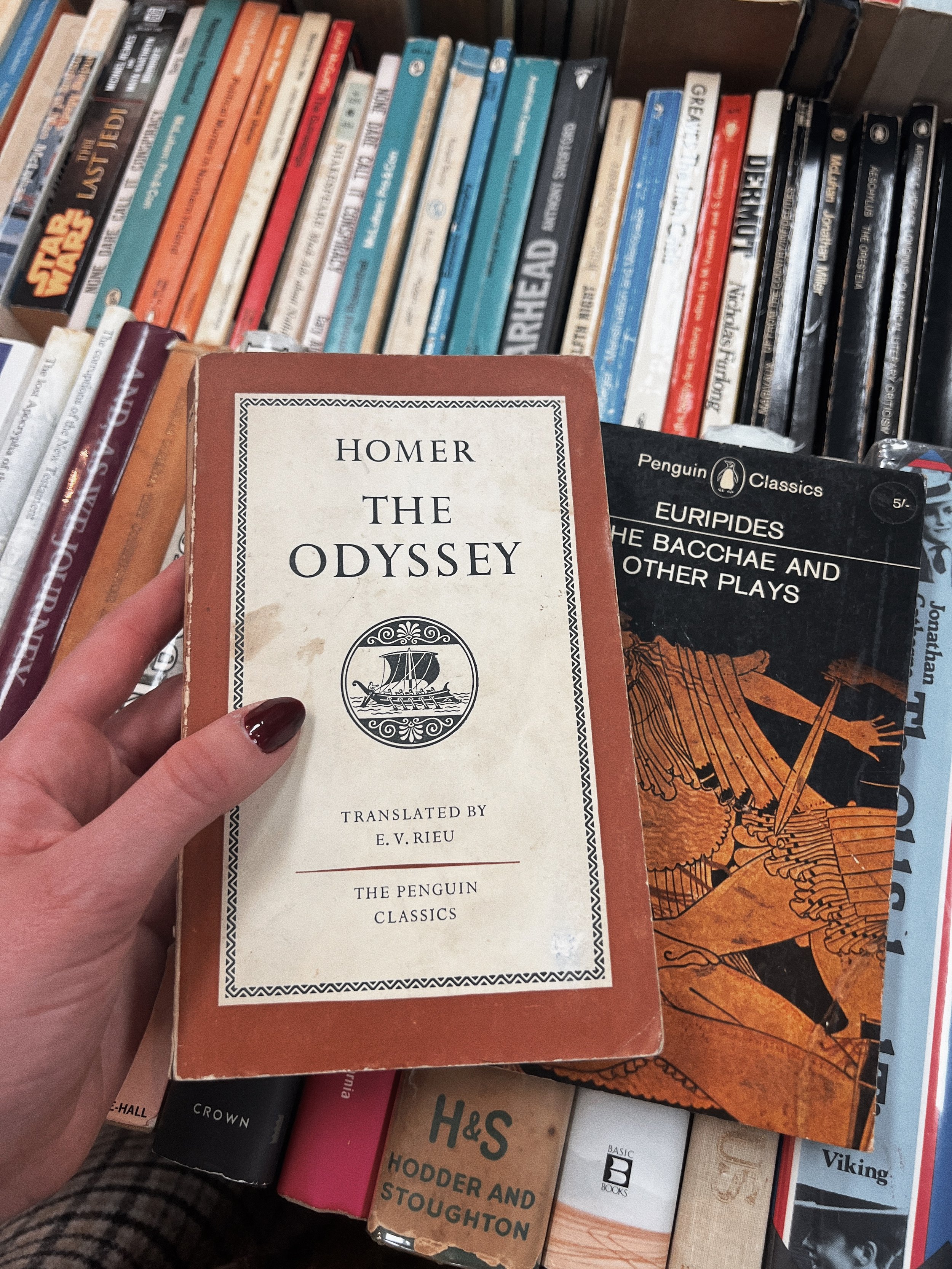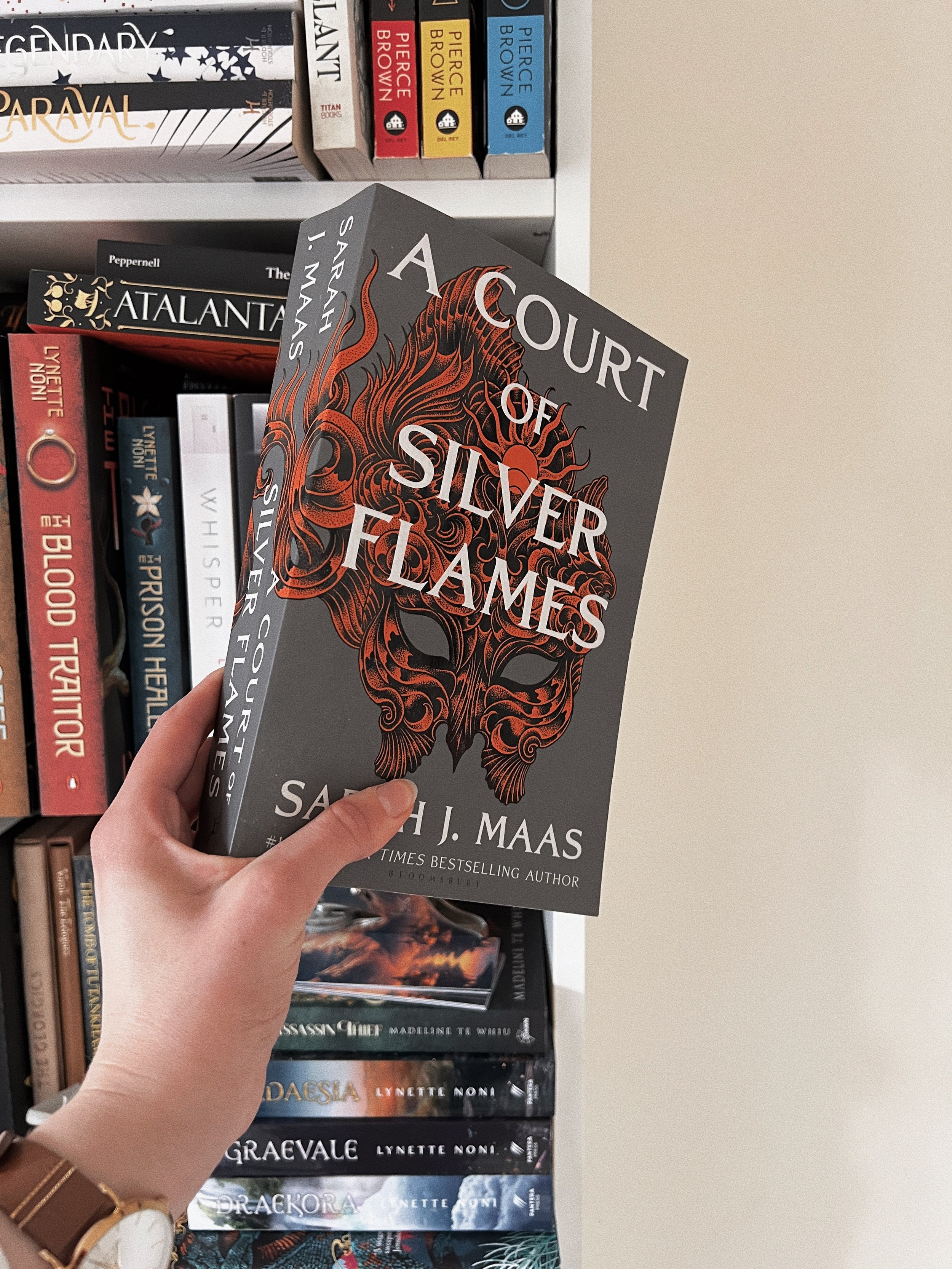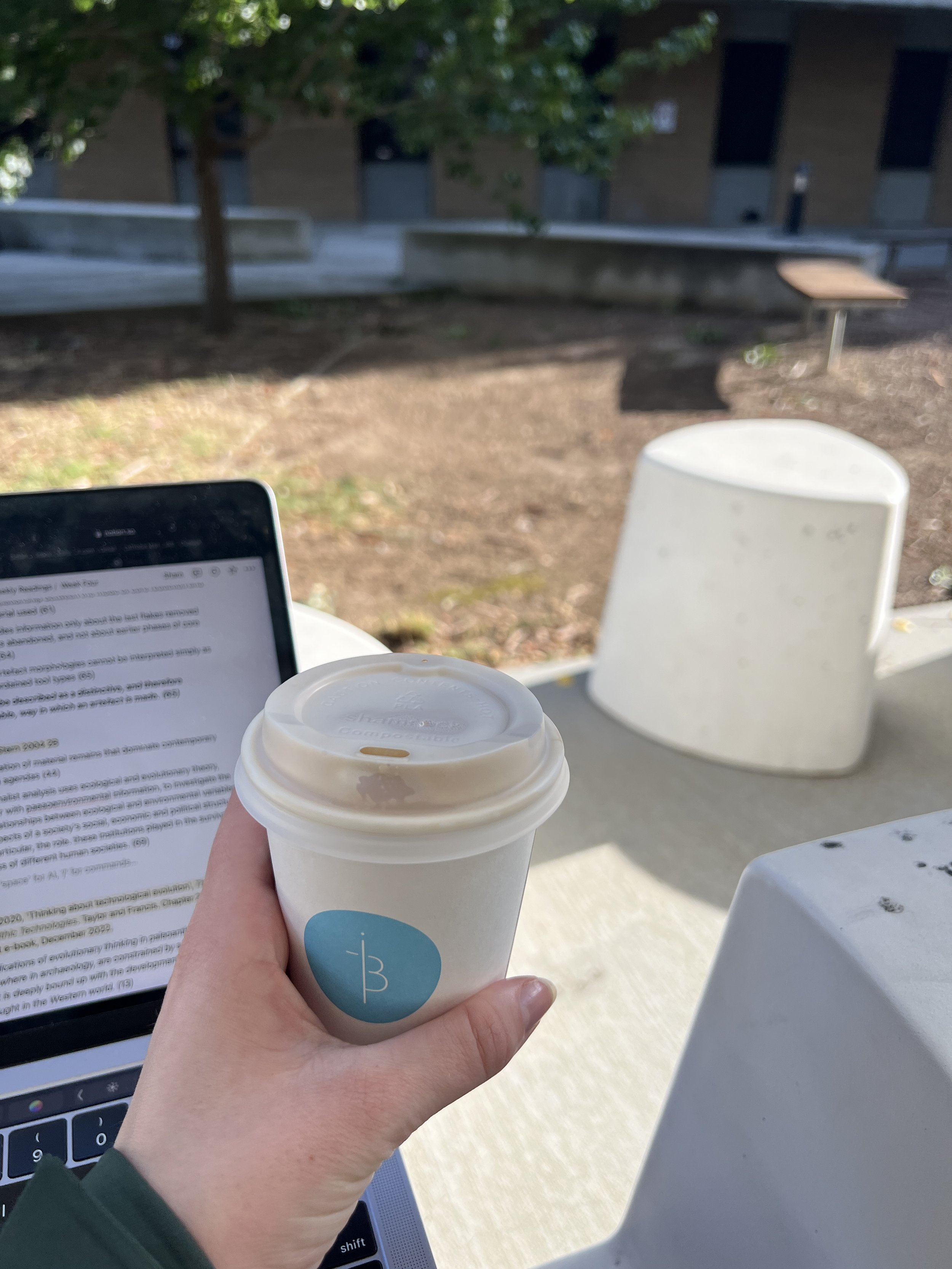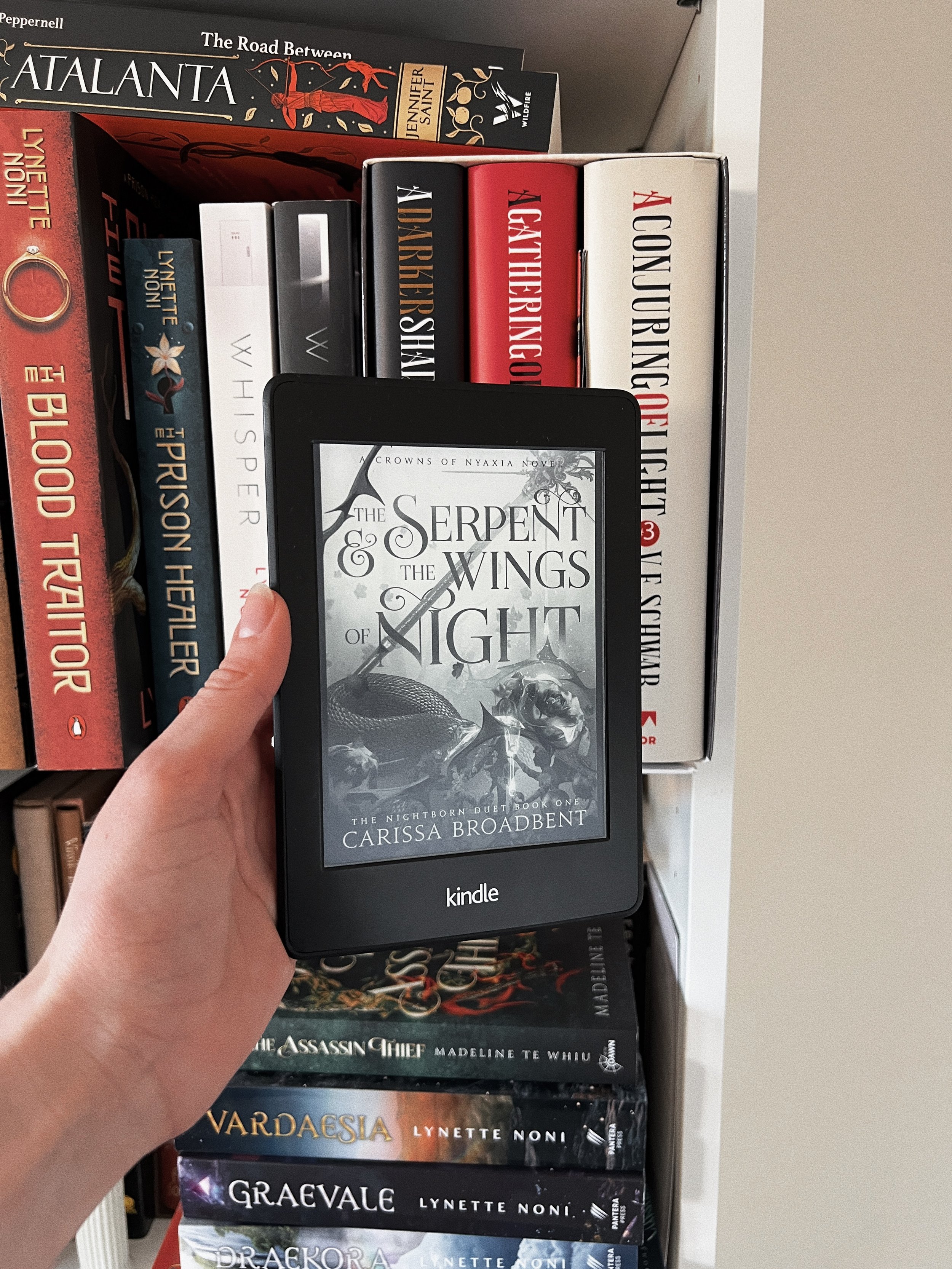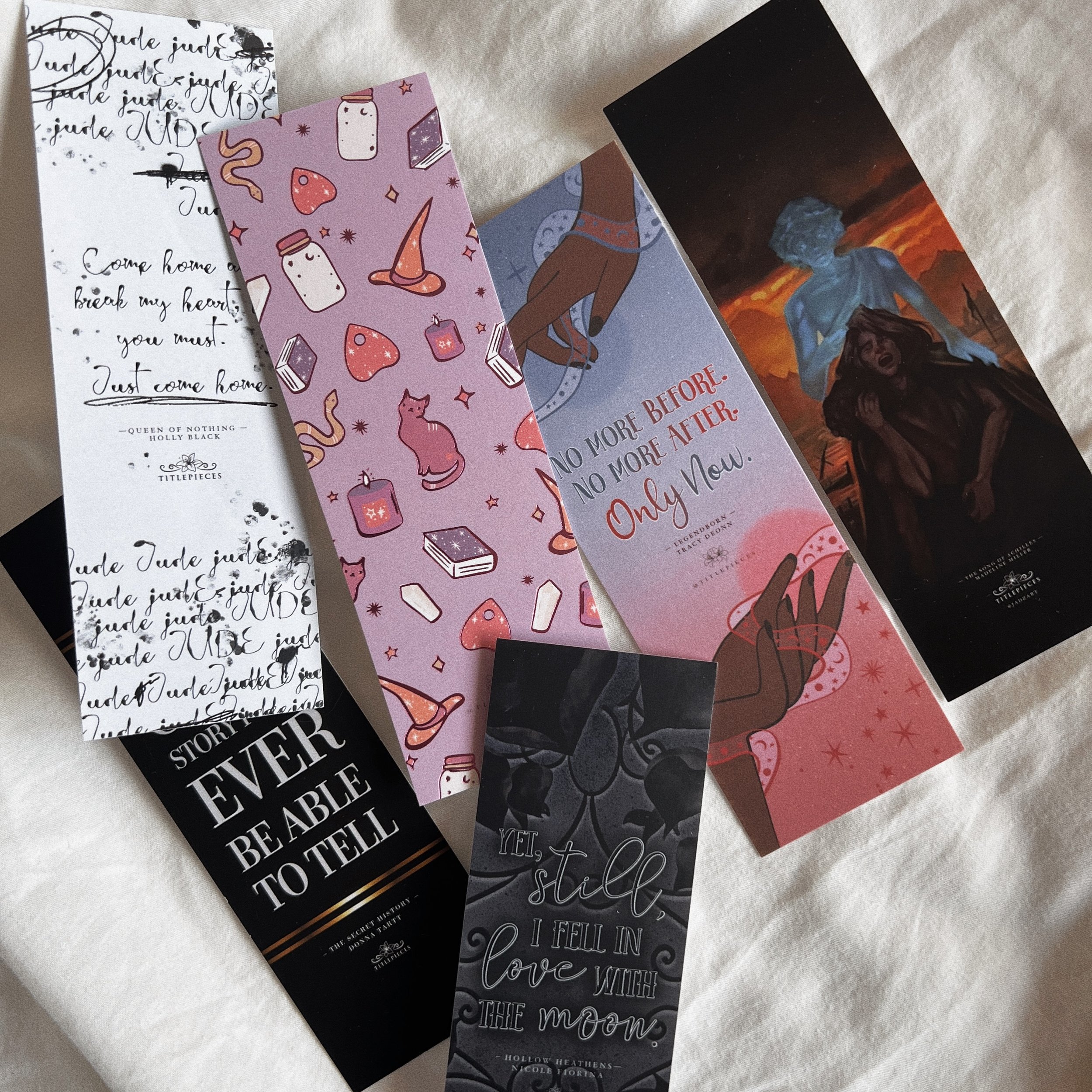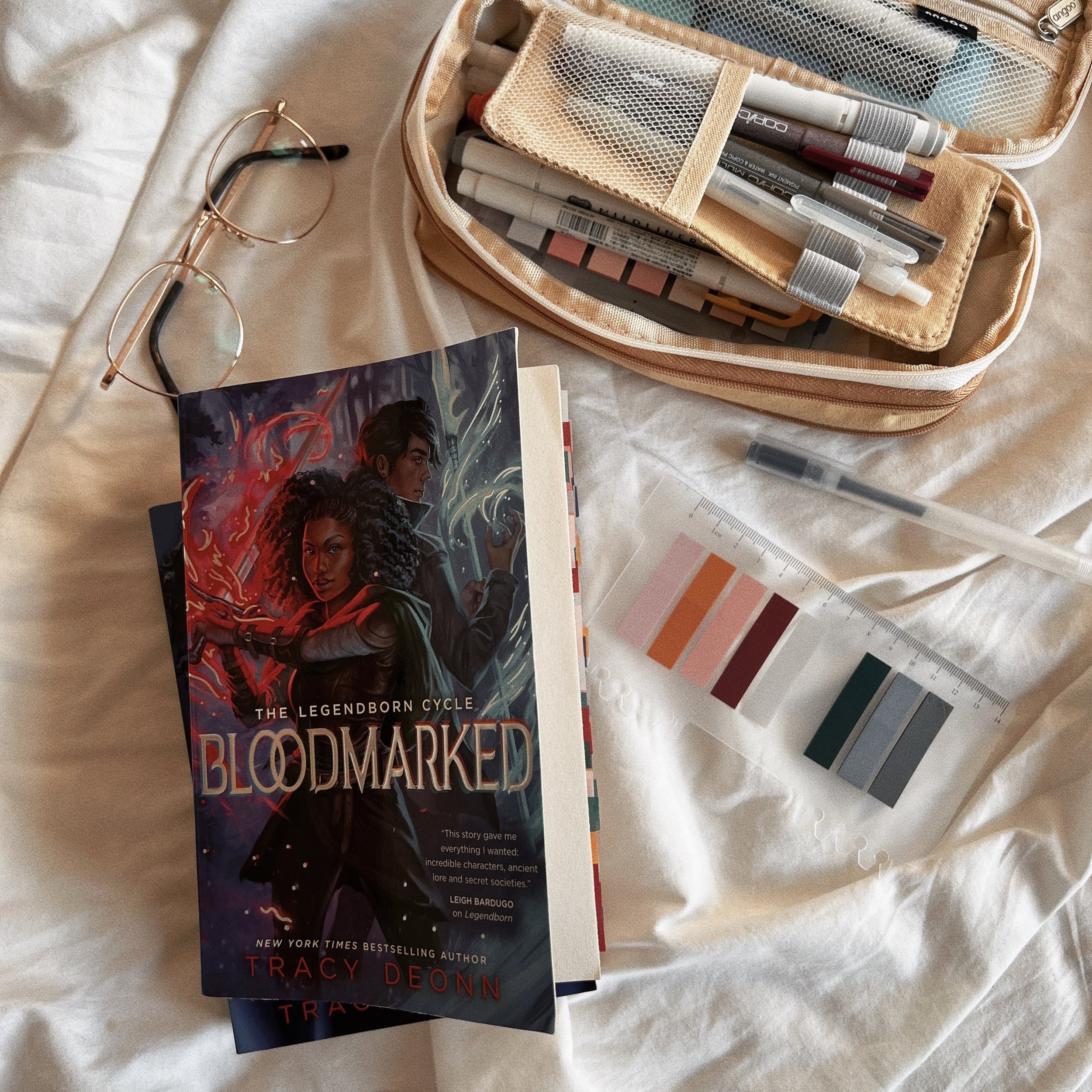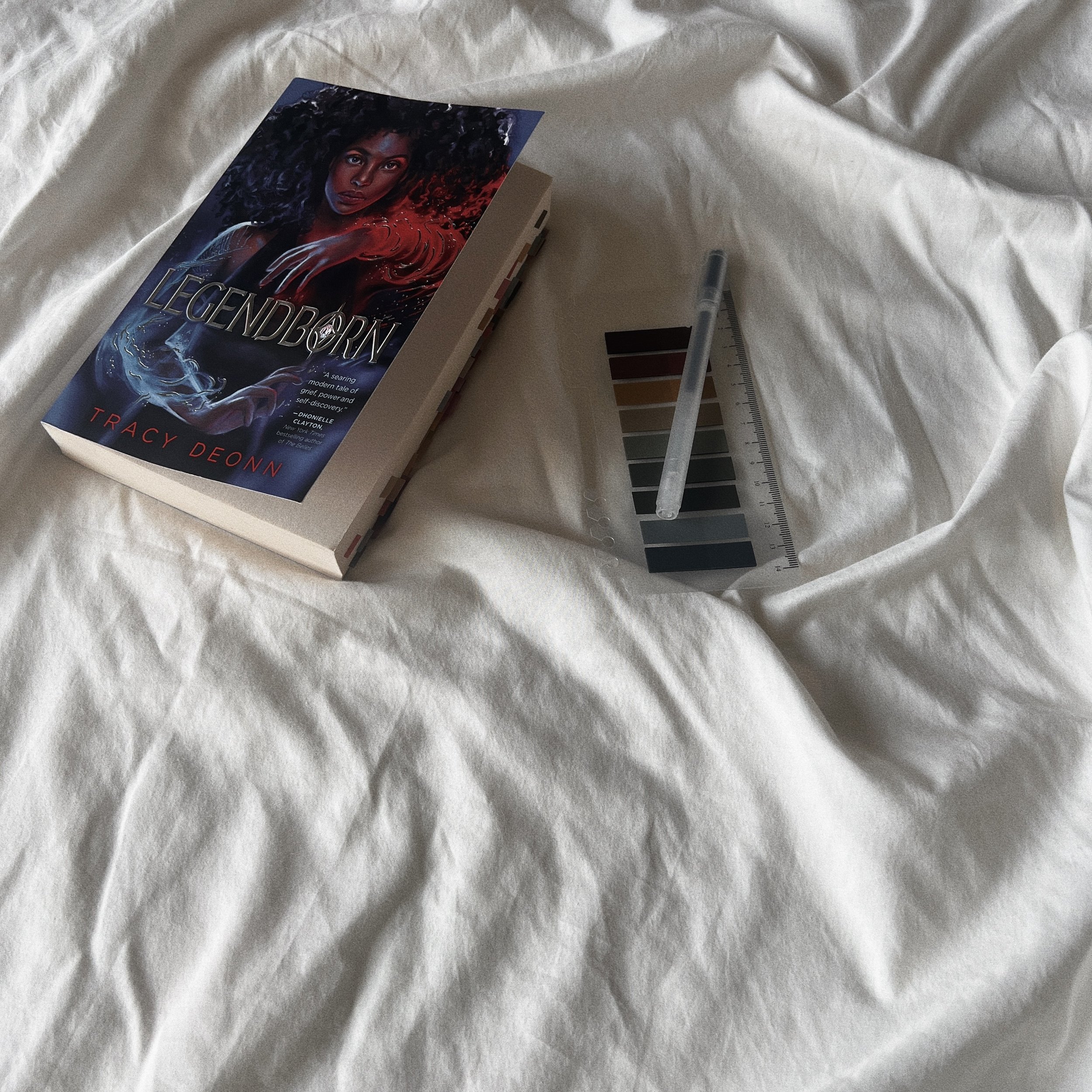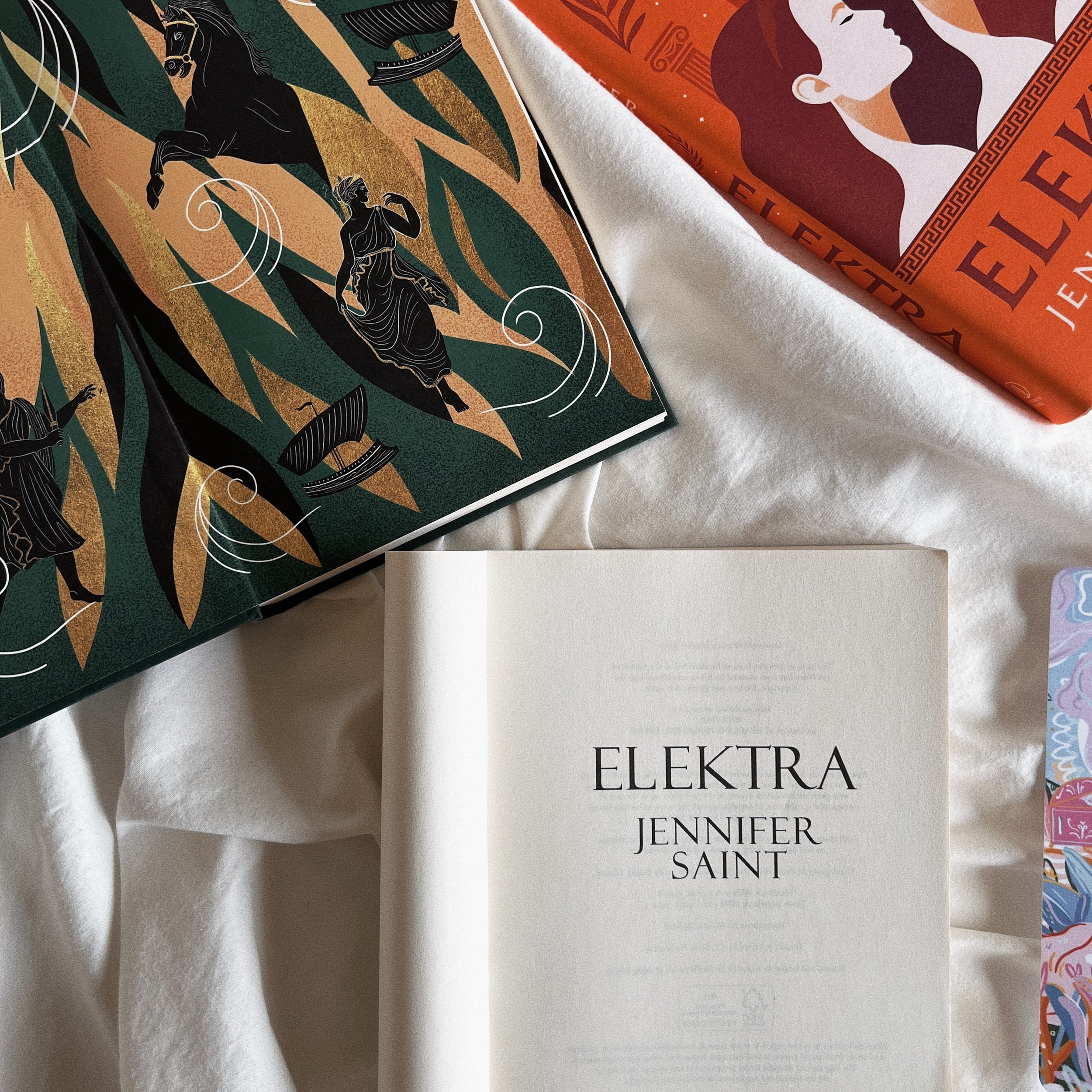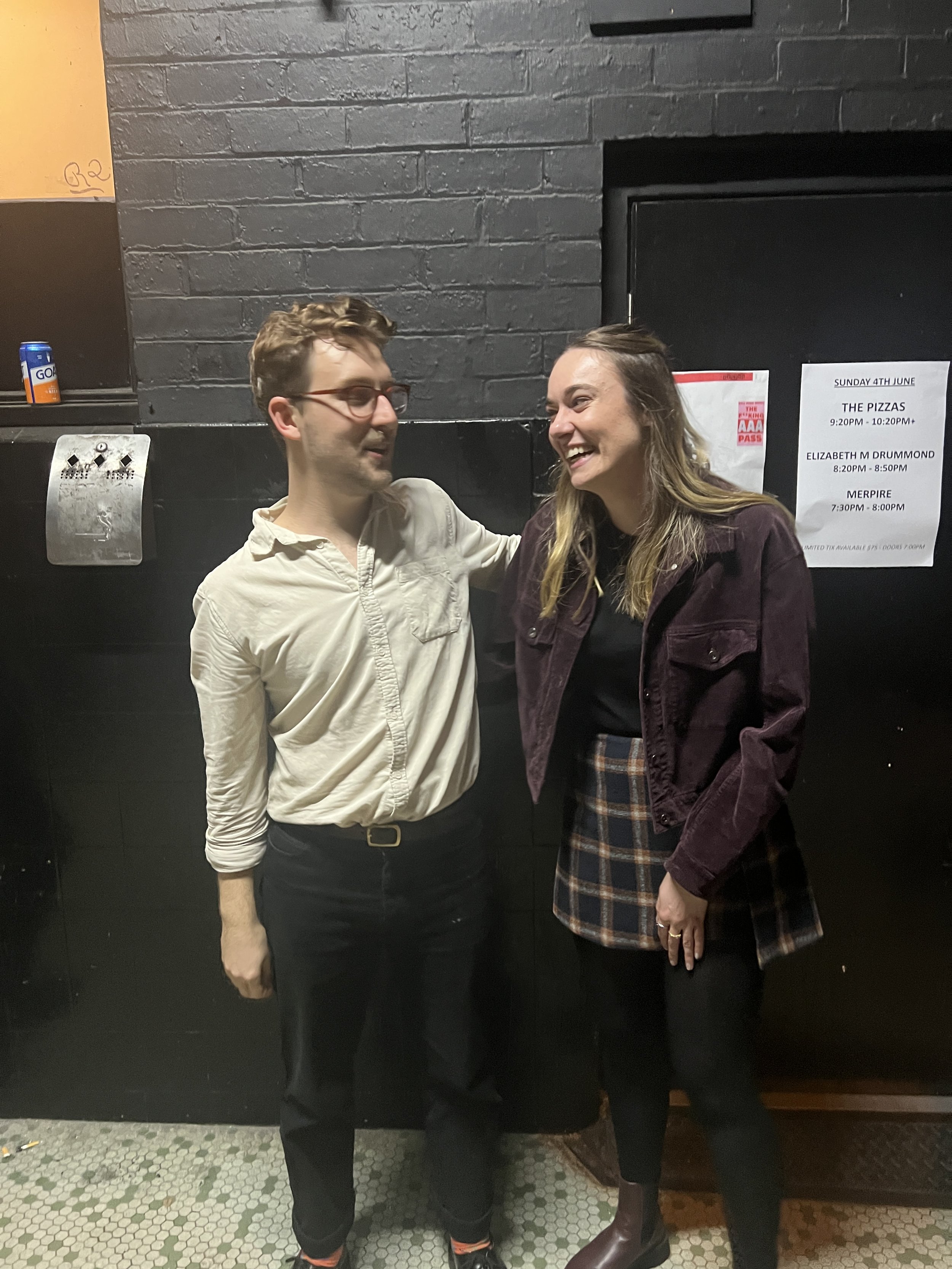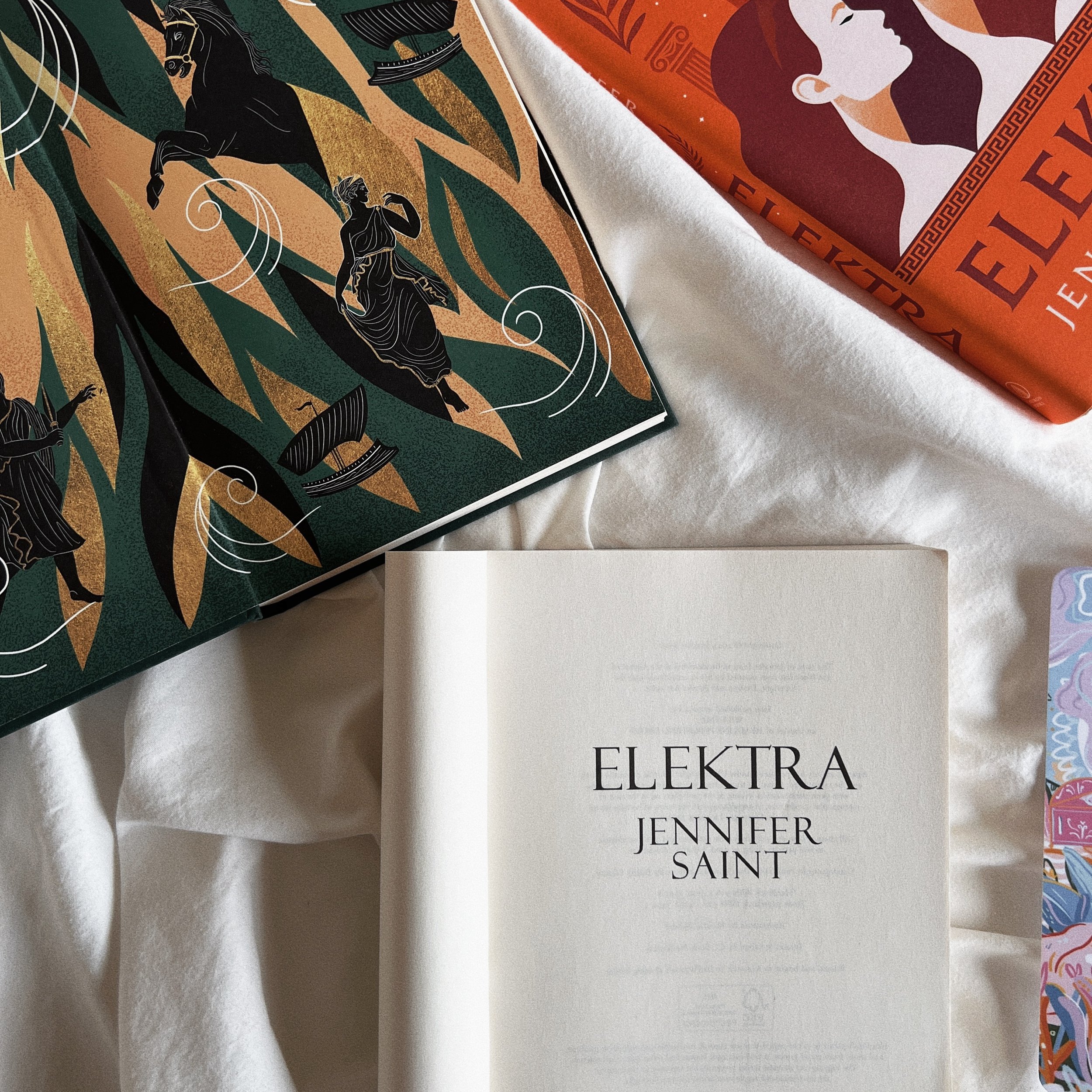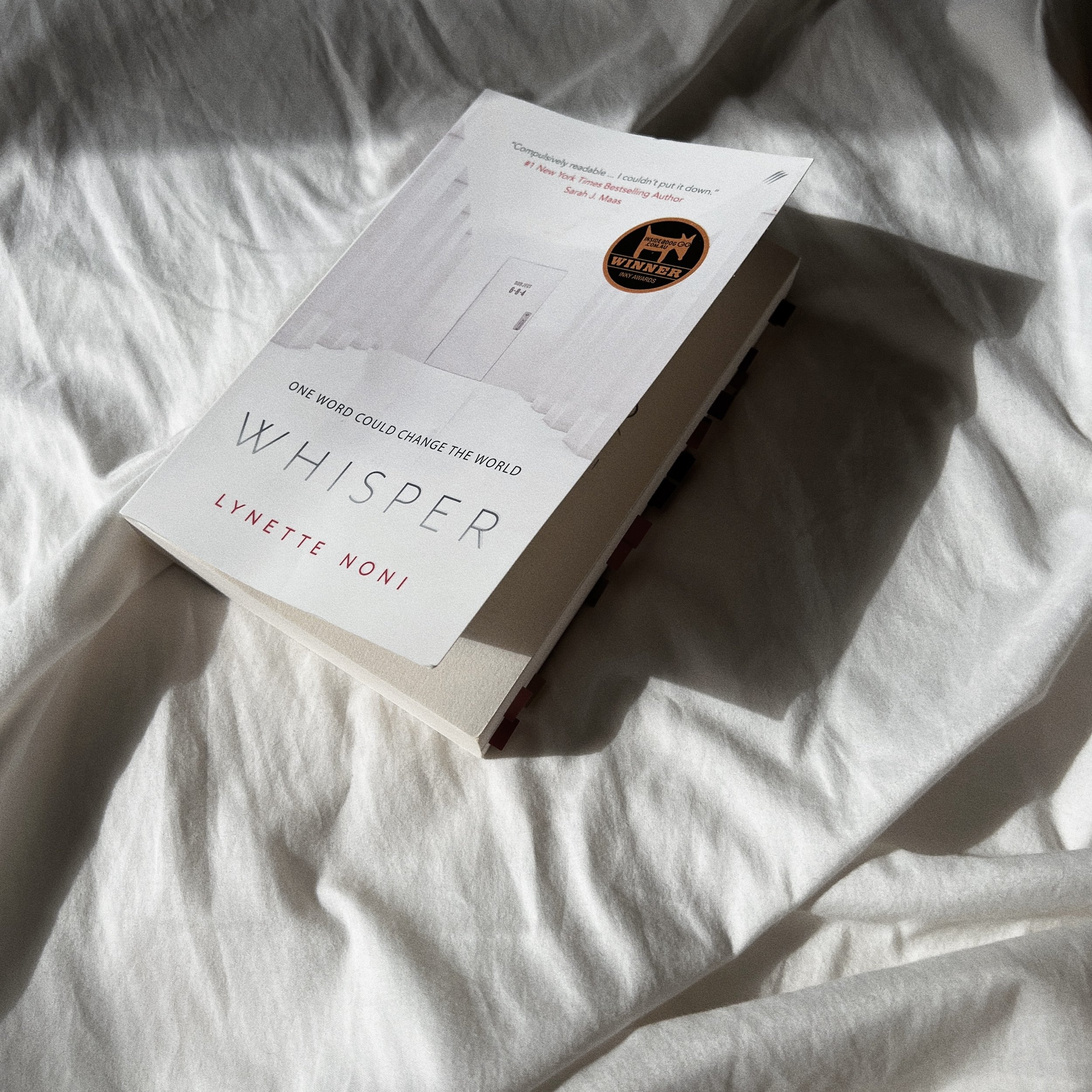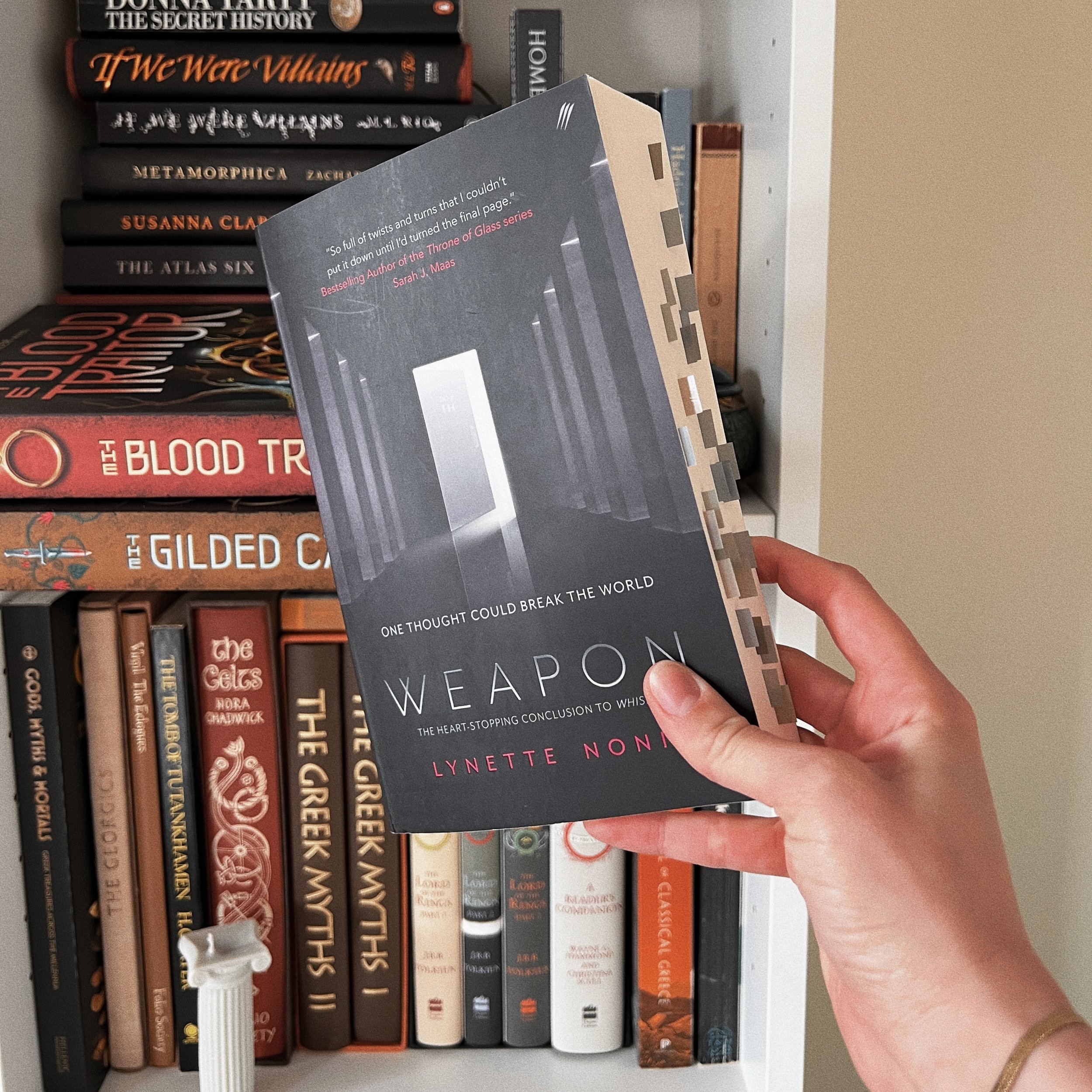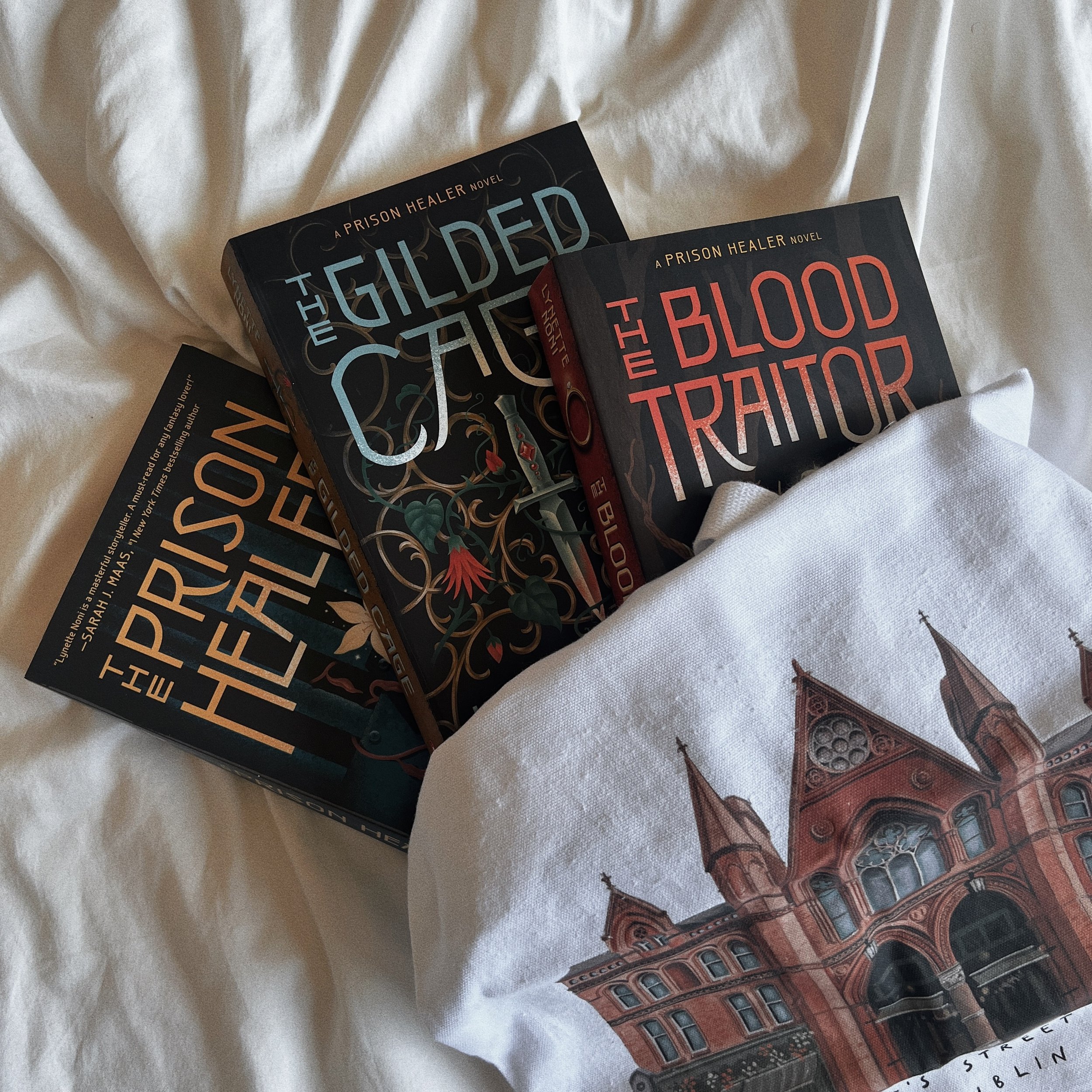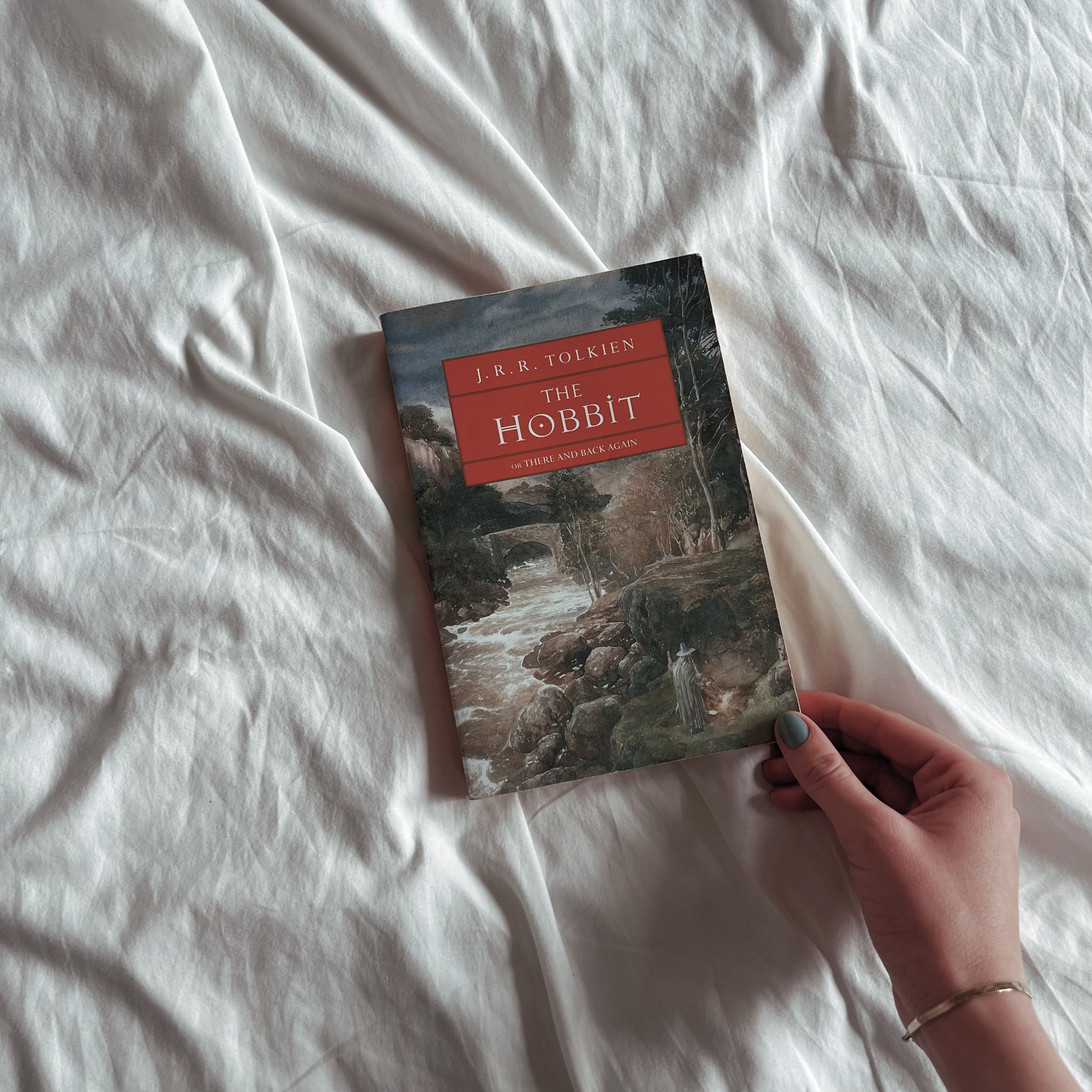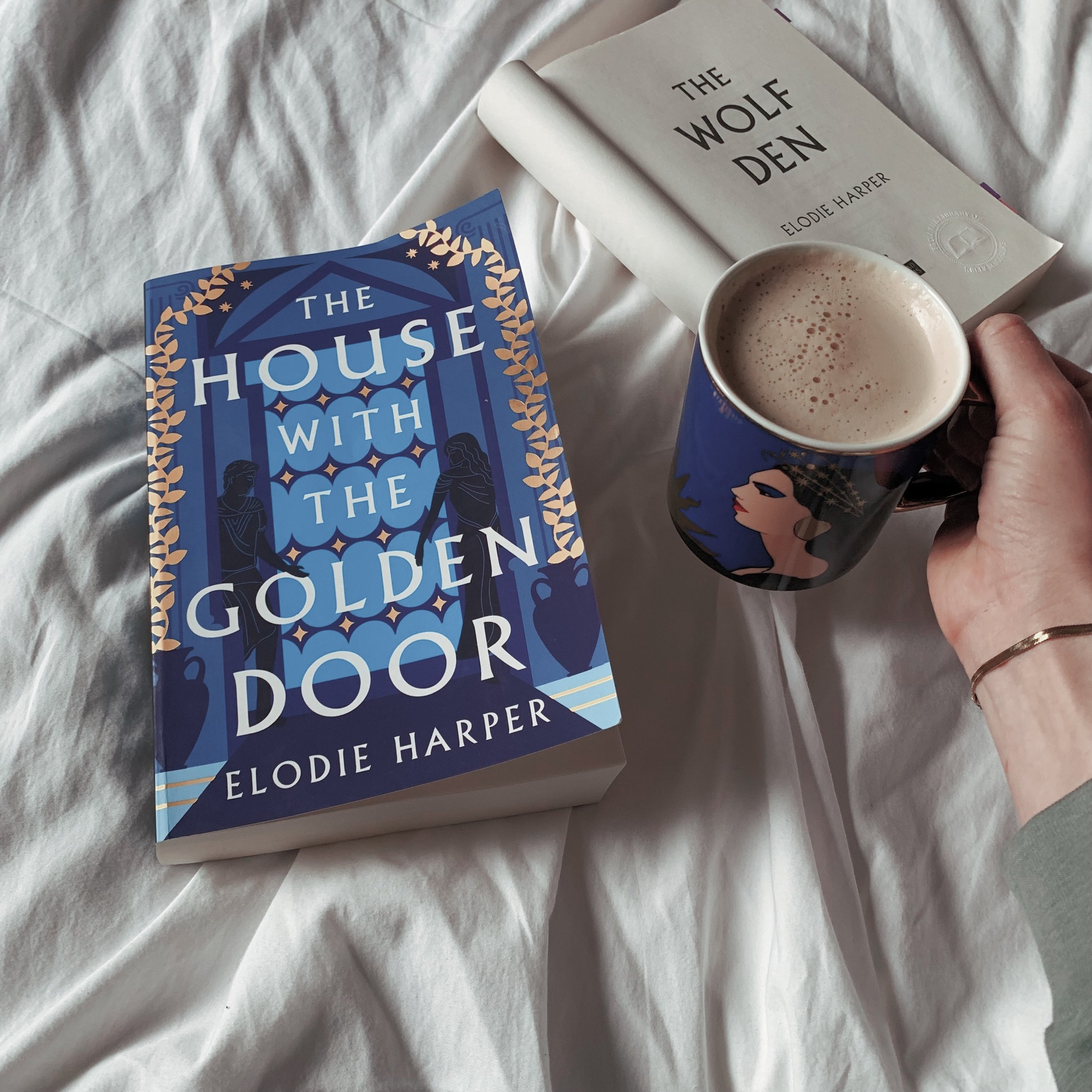It is coming up on halfway through the year, and what a busy six months it has been! I thought it would be a bit of fun to recap all that’s been happening so far in 2023, considering how much reading I’ve been doing, and how much life I’ve been living. I have been meaning to do monthly wrap-ups again this year, but with the speed at which 2023 has progressed thus far, I’m not surprised that I haven’t been able to get around to them. If I review the books (either here or on my Instagram), I will link to them throughout this post! I apologise for how long this has ended up, but I hope you enjoy!
January —
Probably my favourite month of this year so far since I spent it in the United Kingdom with my partner. We spent the whole month gallivanting around England, Scotland and Ireland, spending time with family and some of my favourite people in this world (Han and Erica). To finally get to spend time with these two lovely humans after being friends for so long was honestly such an incredible start to the year. Anton, Erica and I explored London and the British Museum, and Han, Alex, Anton and I spent a few wonderful, frosty days in Edinburgh. After not being able to travel for three years, getting to see incredible sites like Stonehenge, the Roman Baths, and Edinburgh Castle was my ideal start to the year. During this time, I started to get back into consistently reading and ended up reading the entirety of The Daevabad Trilogy by S. A. Chakraborty. I gave the entire trilogy 4 ★’s, and I would definitely recommend them!
February —
February was less exciting than January, unfortunately. I acclimated back to Australian summer and our timezone and got back to work after my blissful month off. I also got back into tennis and into volunteering at the Hellenic Museum. This month I enjoyed the warmth that Melbourne continued to offer, I took a pottery class and made a very cute, very wonky jewellery bowl, and spent a gorgeous afternoon at the hot springs with two of my favourite people. I finally visited Tori’s Cafe in the city with my lovely and talented friend Vickie (whose business TitlePieces is where I get all of my favourite bookish accessories), and I got an incredible opportunity to handle and pack away some ancient Cypriot pottery. As if this month wasn’t busy enough, I also had my orientation day for my Masters.
Amidst all of that, I still managed to read 9 books! The first book I read was The River of Silver, a small book with numerous novellas from different POVs — the kind of extra book everyone hopes for after finishing an incredible series. Then, I was off on my Lynette Noni spree, where I read all of her books I hadn’t yet read (The Prison Healer Trilogy and then her Whisper Duology). Just like when I read her Medoran chronicles in 2021, I was completely hooked immediately by both of these series, and proceeded to read all five books in the span of less than two weeks. Lynette Noni has quickly become one of my favourite authors of all time. After all of that fantasy/dystopian, I really mellowed with The Three Theban Plays by Sophocles which has quickly become three of my favourite Greek tragedies (although Antigone was already a fave). Then I finally finished The Two Towers by J. R. R. Tolkien before embarking on my Throne of Glass series by Sarah J Maas reread.
March —
Here’s where life starts to get very, very busy! I officially started my Master of Archaeology this month, and I have a hell of a commute to get there. I also became VP of the Ancient Rome and Greece Club as if I didn’t have enough going on because teaching at a different university also resumed for me! I had three classes of the intro to ancient history and archaeology unit to teach, which was a lot of fun, but a lot of work. Most of this month was spent on the train, reading uni papers, doing assignments, prepping for classes, and drinking a lot of coffee. It took me most of the month to get back into a study routine, but luckily for me everything I was learning was interesting. This month I also turned 25! Mildly terrifying to think about, but I had a wonderful weekend with friends and family, it was low-key but lovely.
Now this is where the reviews stop, but because of how much I had to commute on public transport, the reading didn’t cease with a total of 6 books. On top of the readings for class, I continued my reread of Crown of Midnight, Heir of Fates, Queen of Shadows, and Empire of Storms, while also reading The Assassin’s Blade and Tower of Dawn for the first time. I am a sucker for a romantasy, and this series being more fantasy with a subplot of romance, is one of my favourite series ever.
April —
In April, family from the UK came to visit, so we spent many of our weekends playing tourist, drinking wine and having an all-around great time. We panned for gold at Sovereign Hill (and visited a beautiful bookshop in Ballarat), and spent a night in one of my favourite places, Lorne (on the Great Ocean Road). Continued to spend lots of time in the city and on the train, and continued to increase my caffeine intake as the semester progressed. During April, though, a highlight of the year — Supanova — took place! My lovely friend Amber (@waydes_reads)and I spent the day at the Melbourne Showgrounds, where we listened to author panels, bought lots of books, and met some incredible writers (including two of my favourite authors, Lynette Noni and Samantha Shannon). It’s always a really incredible opportunity to be able to talk to people you admire and tell them just how much you enjoy their work.
This month I finished three books as I had less and less time for recreational reading, I finished Kingdom of Ash which was an incredible finale to the series, and then clearly, I needed some comfort reads since I listened to the audiobooks of A Court of Thorns and Roses and A Court of Mist and Fury — another Sarah J. Maas reread.
May —
This was a far less exciting month as we moved towards the pointy end of the semester. With lots of assessments and marking, comfort food and lots of coffee, I didn’t enjoy my social life quite as much as I had up until this point. Although for Mothers Day, my mum and I headed into the city for a candle-making class at the Hellenic Museum and then to lunch and cocktails. I did get a chance to relax at the end of the month, though, with a facial and massage and brunch at my favourite cafe in Mornington, Commonfolk.
In May, I finished my ACOTAR audiobook reread with A Court of Mist and Fury, A Court of Frost and Starlight, and A Court of Silver Flames. Then I finally got around to finishing some new books that have been on my TBR for far too long — Six of Crows and Crooked Kingdom by Leigh Bardugo. I read the Grisha Trilogy in 2018, and where I gave that a solid 3 ★’s, this duology was a solid 4 ★’s. It was the dialogue and the dynamic between the crows that really elevated this duology for me, although there is just something about Bardugo’s writing that stops me from really getting immersed in her books.
June —
What is crazy is that it’s already June! Looking back at the year so far, it has struck me just how much I have squeezed into only 5 and a half months. And, of course, unsurprising to everyone at this point, I have squeezed a lot into this month as well. Despite having many, many, many essays to mark, I have managed to go out for a delicious meal with my friends in the city, and I saw my favourite band (Ball Park Music), play twice in one weekend. Not to mention I met the lead singer after the second show and got a pic with him! For the third time this year, I got to tell someone who I admire how much I love their work (although I definitely made a complete fool of myself this time).
As of June 17th, I have finished 5 books. I finally got around to reading Elektra by Jennifer Saint — I adored it! It was so good, and I especially liked Cassandra’s point of view. I have found a new favourite series, Legendborn by Tracy Deonn. I gave both Legendborn and Bloodmarked 5 ★’s and am truly obsessed (especially with Selwyn Kane). This month I have also finished Lightlark (2.5 ★’s) which had a good premise but poor execution, and The Serpent & The Wings of Night by Carissa Broadbent, which I had seen absolutely everywhere and it did not disappoint. It didn’t do anything particularly unique, but it was still addictive and very enjoyable. A must-read for ACOTAR fans. I am currently reading the second book in the Nightborn Duet The Ashes & The Star-Cursed King, as well as listening to the audiobook of Serpent & Dove by Shelby Mahurin — both of which I am very much enjoying.
Well, that’s probably enough of that! I hope you enjoyed this little life and reading update/reflection. I hope your 2023 is going well! Let me know what your favourite read of the year so far has been, and your favourite month so far!

